
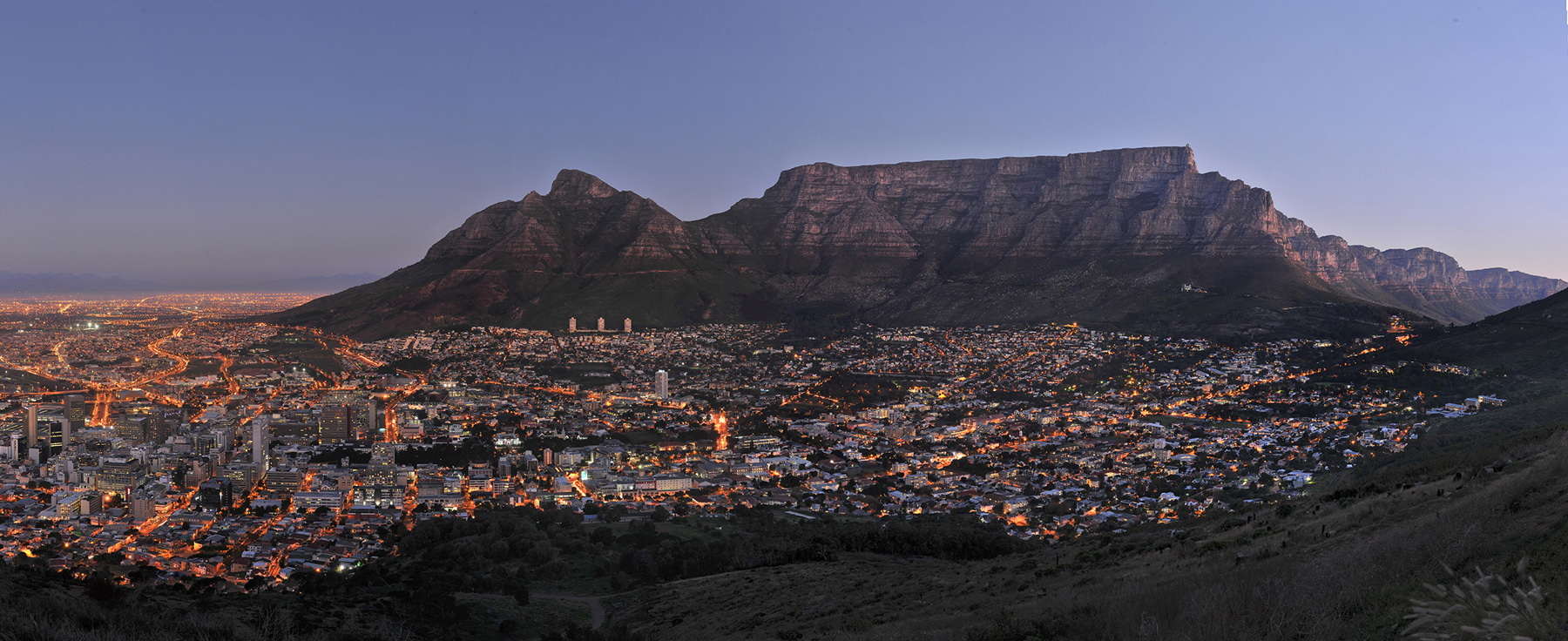
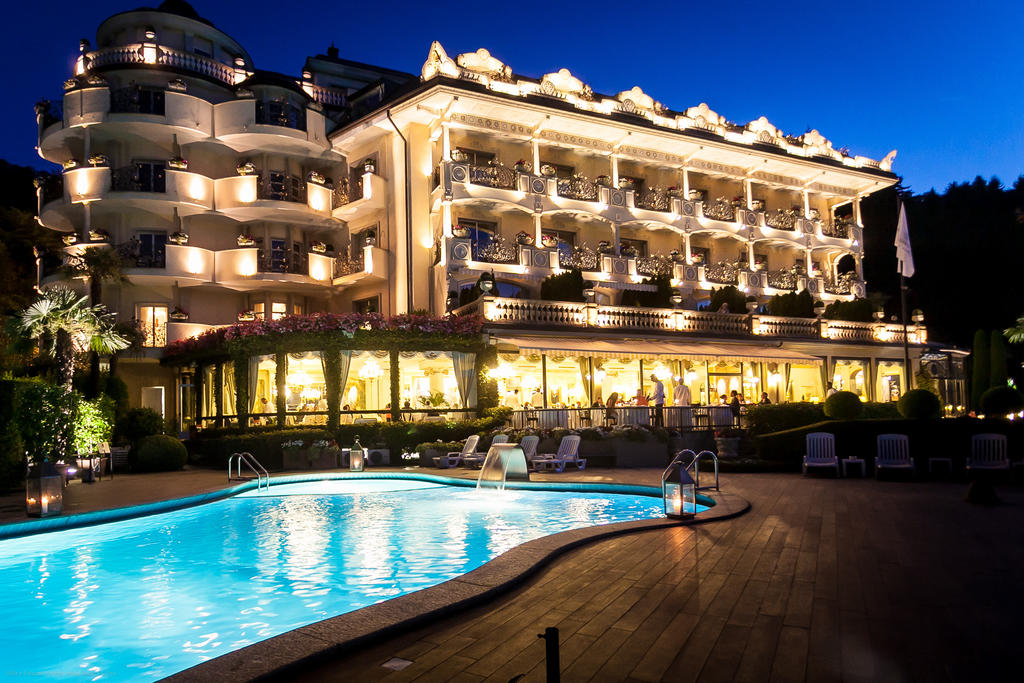
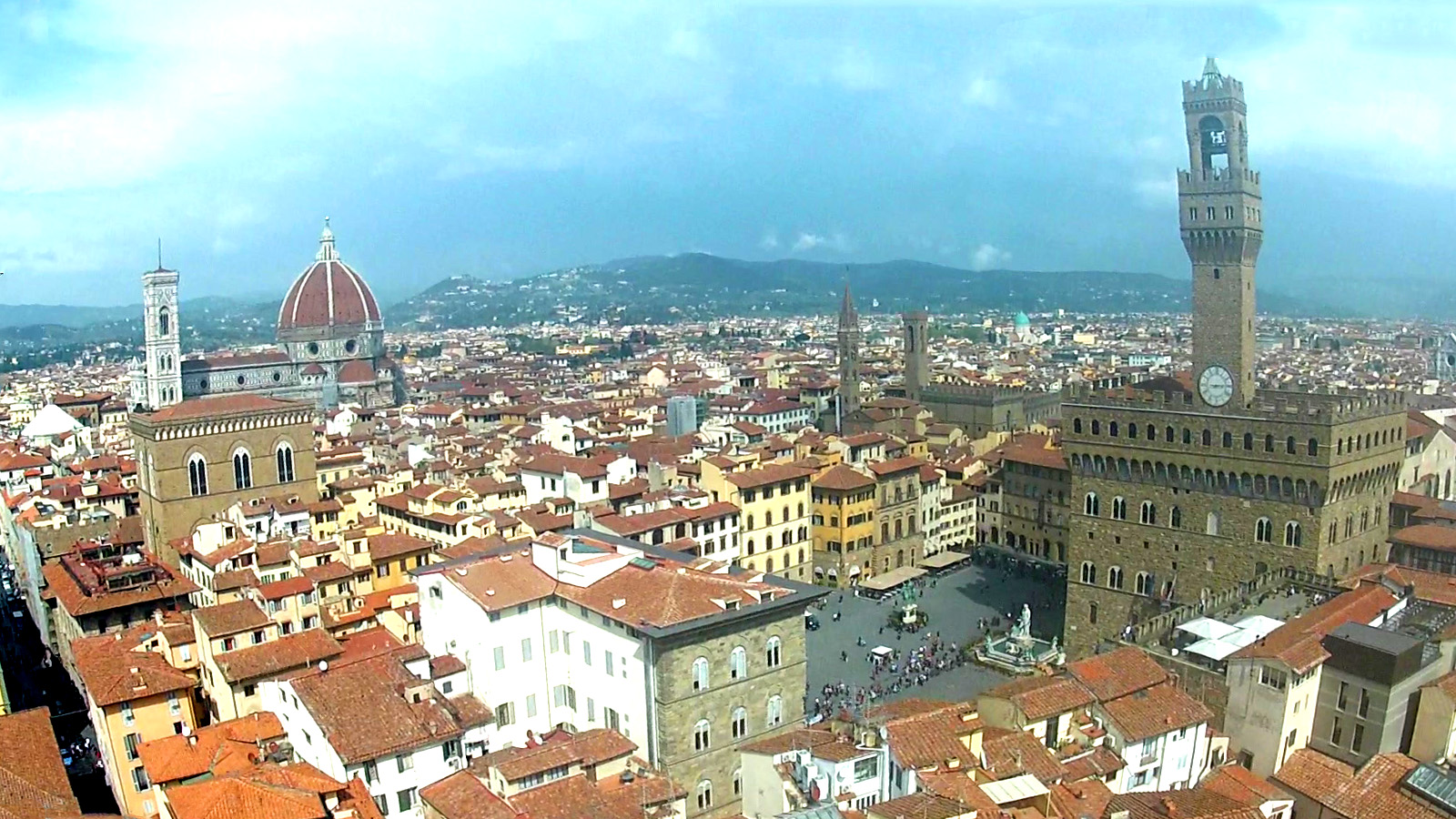

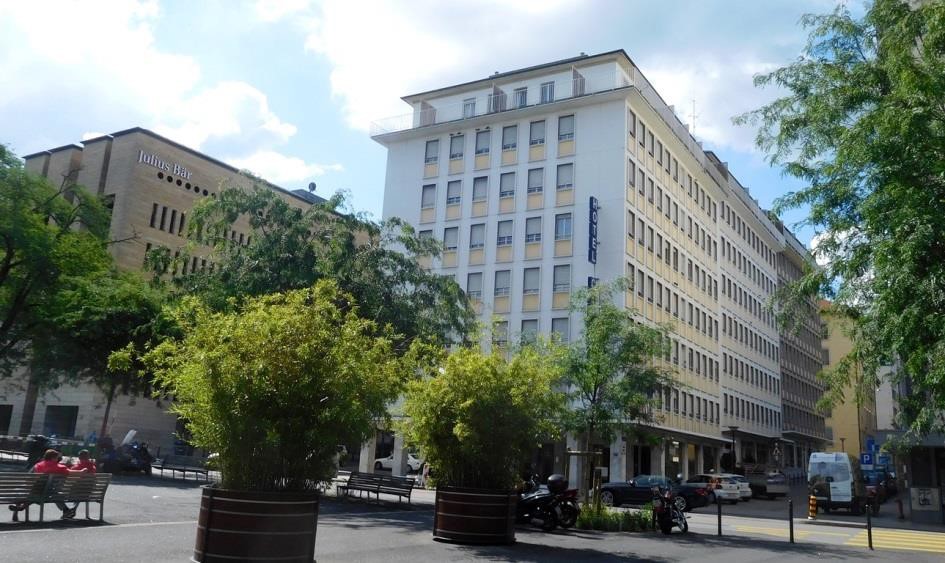
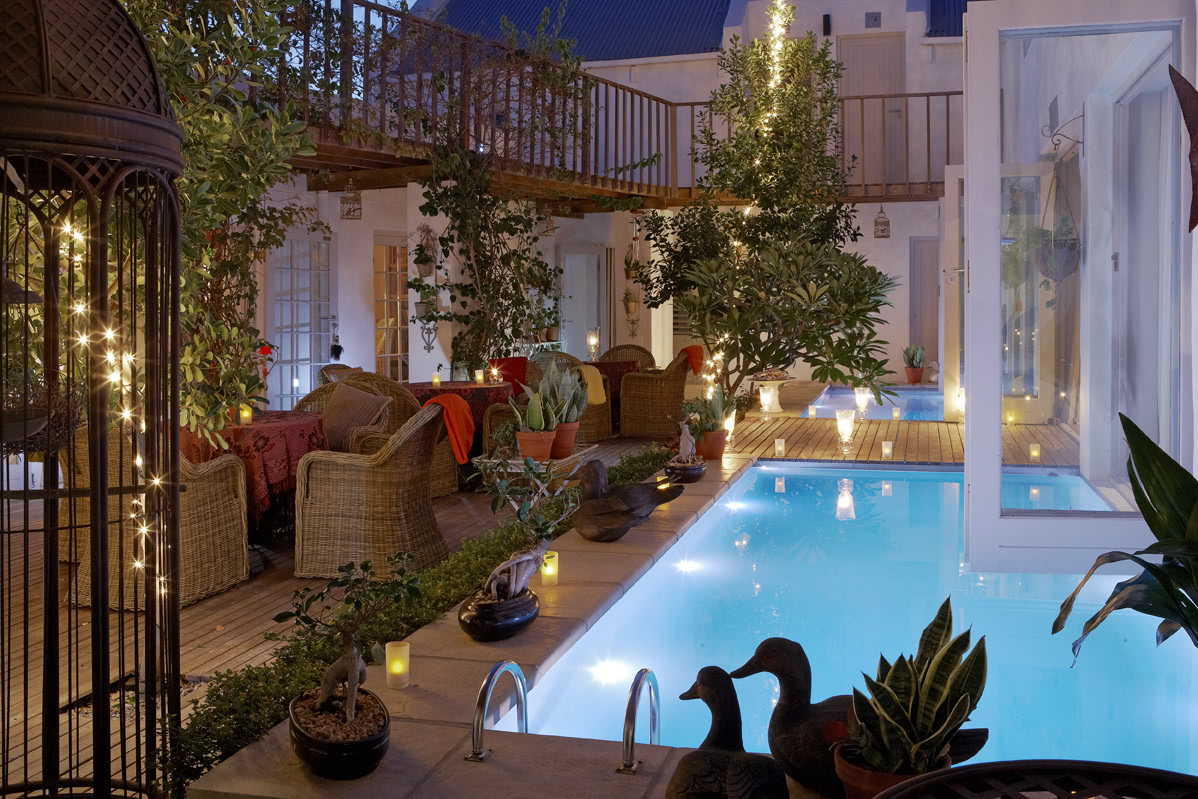
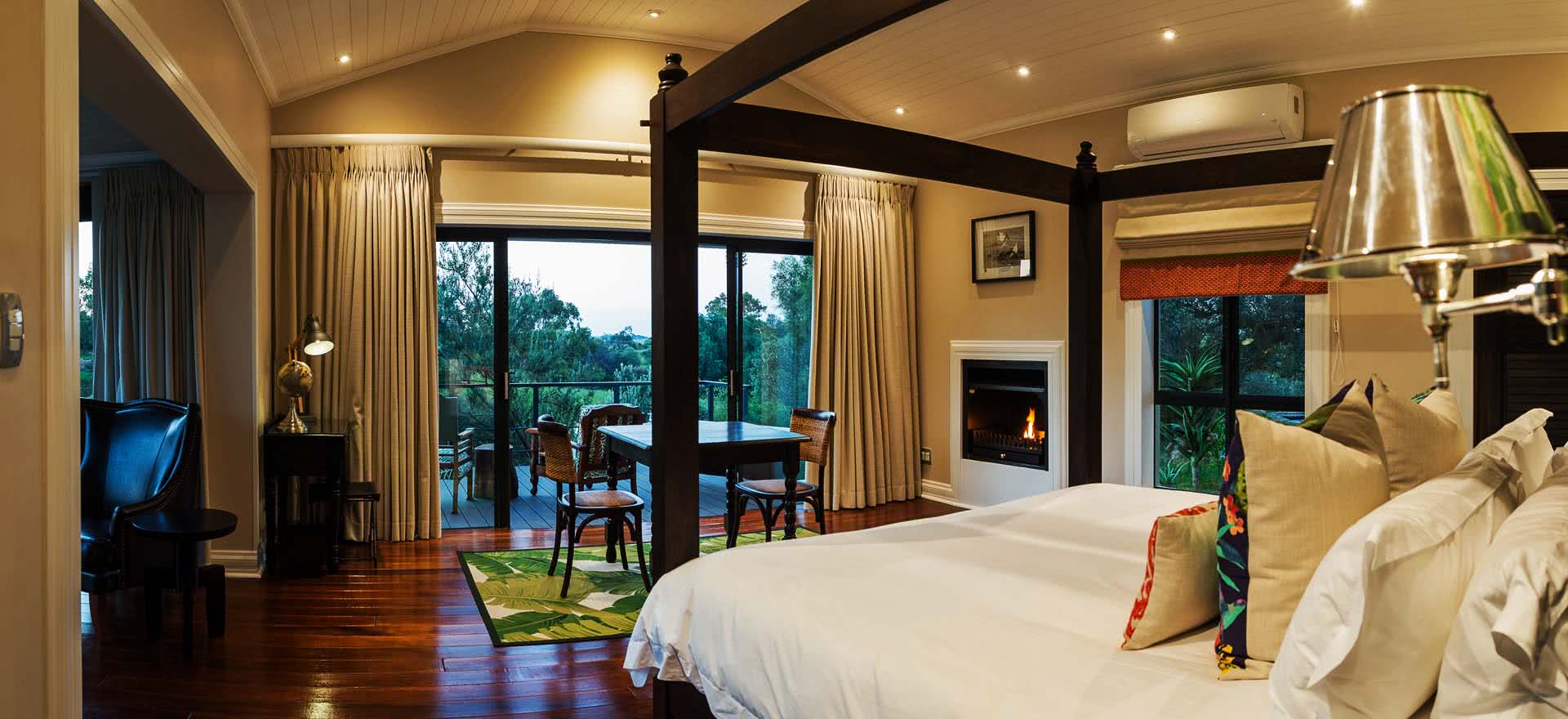
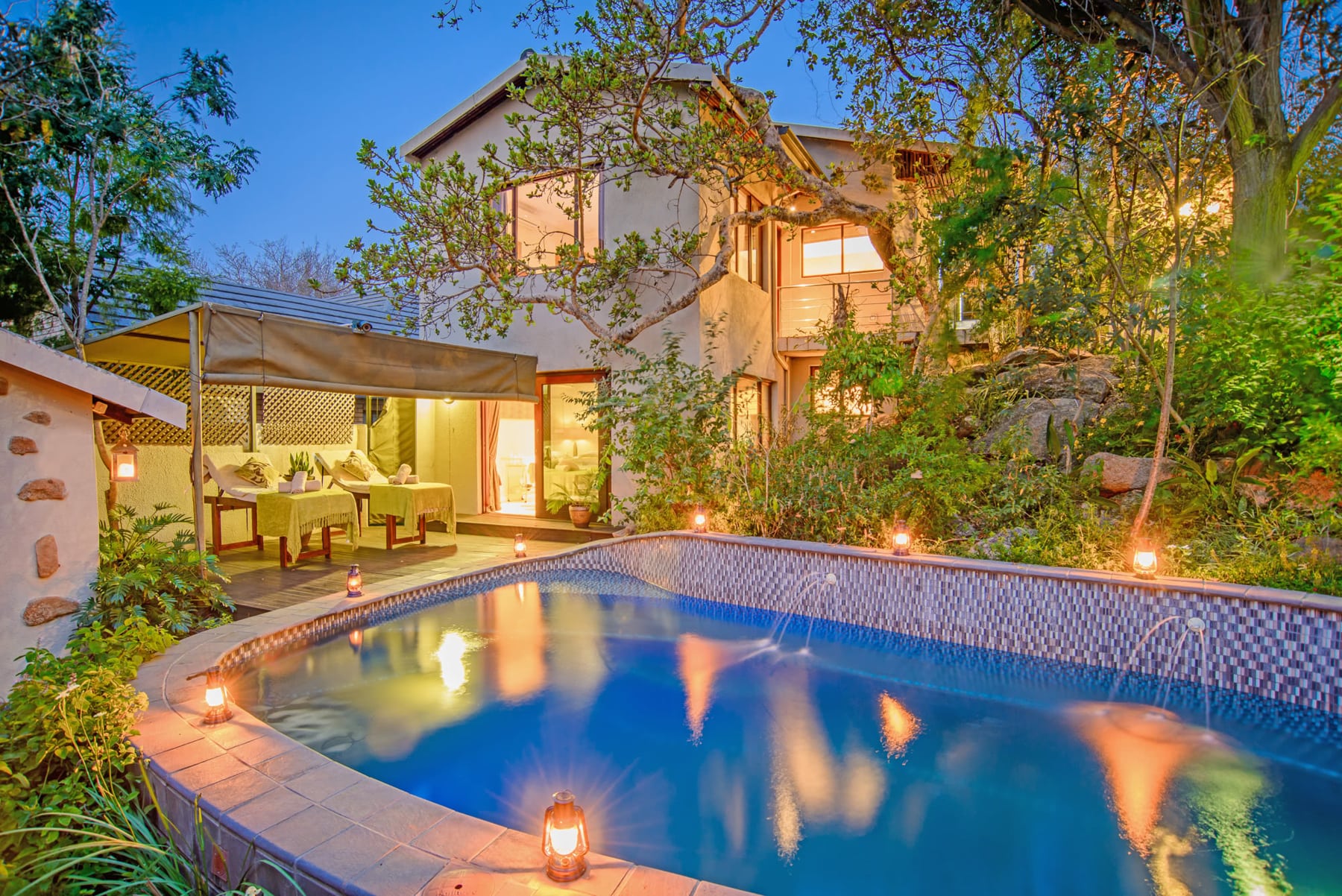

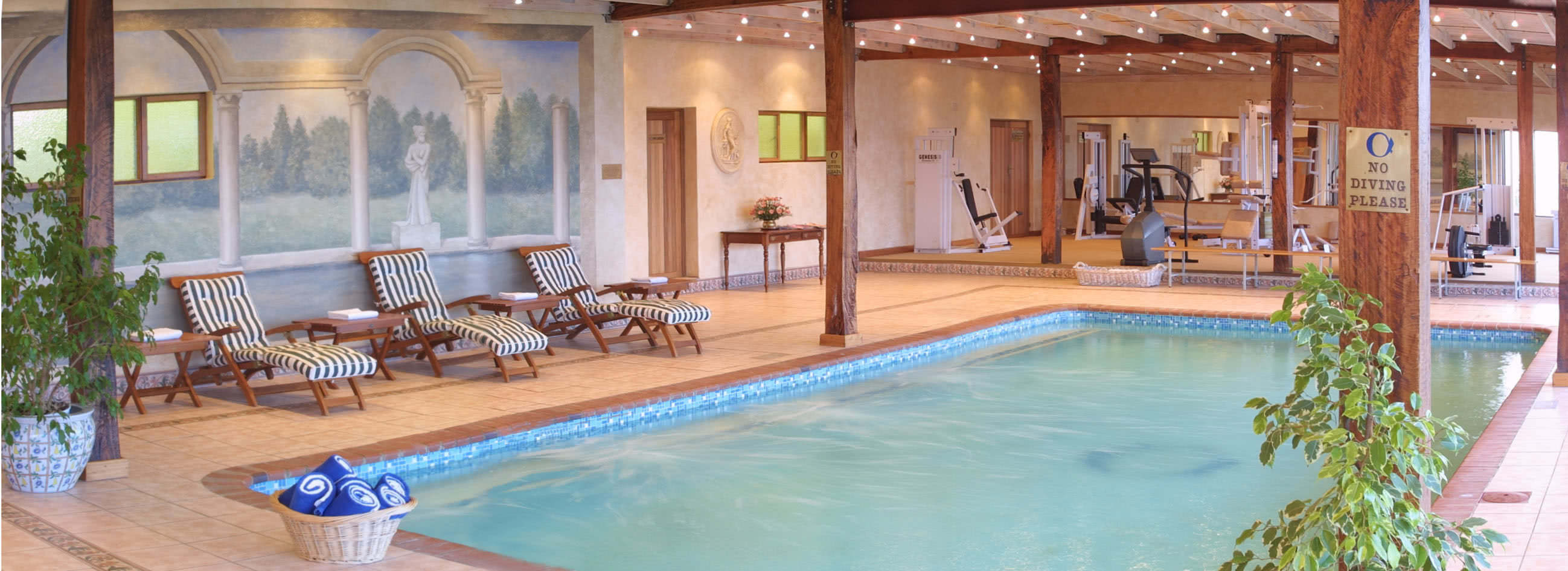
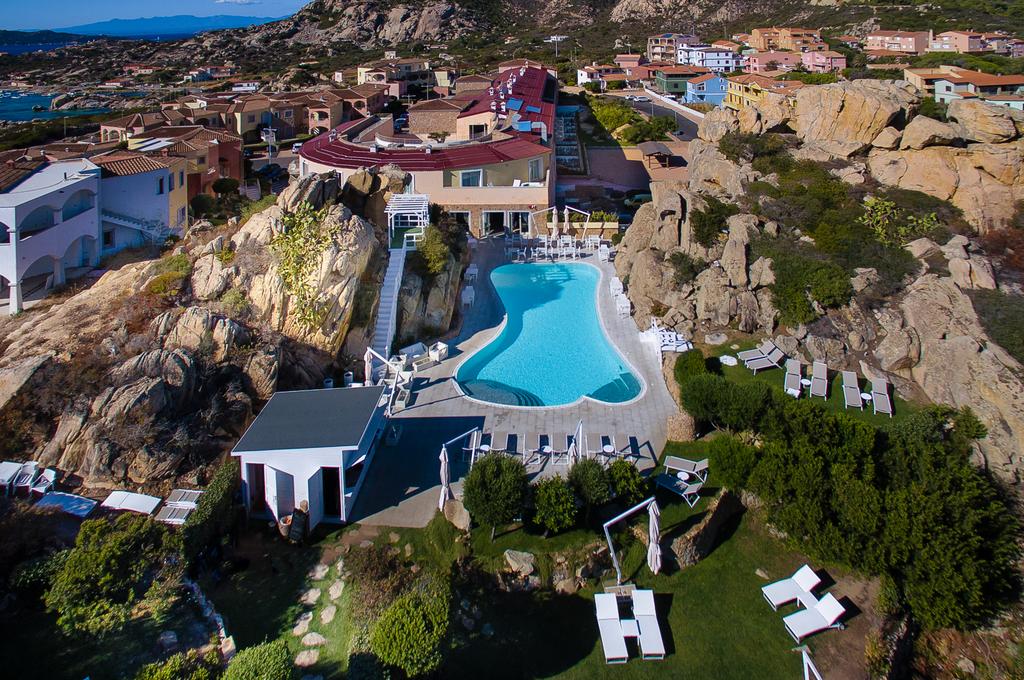
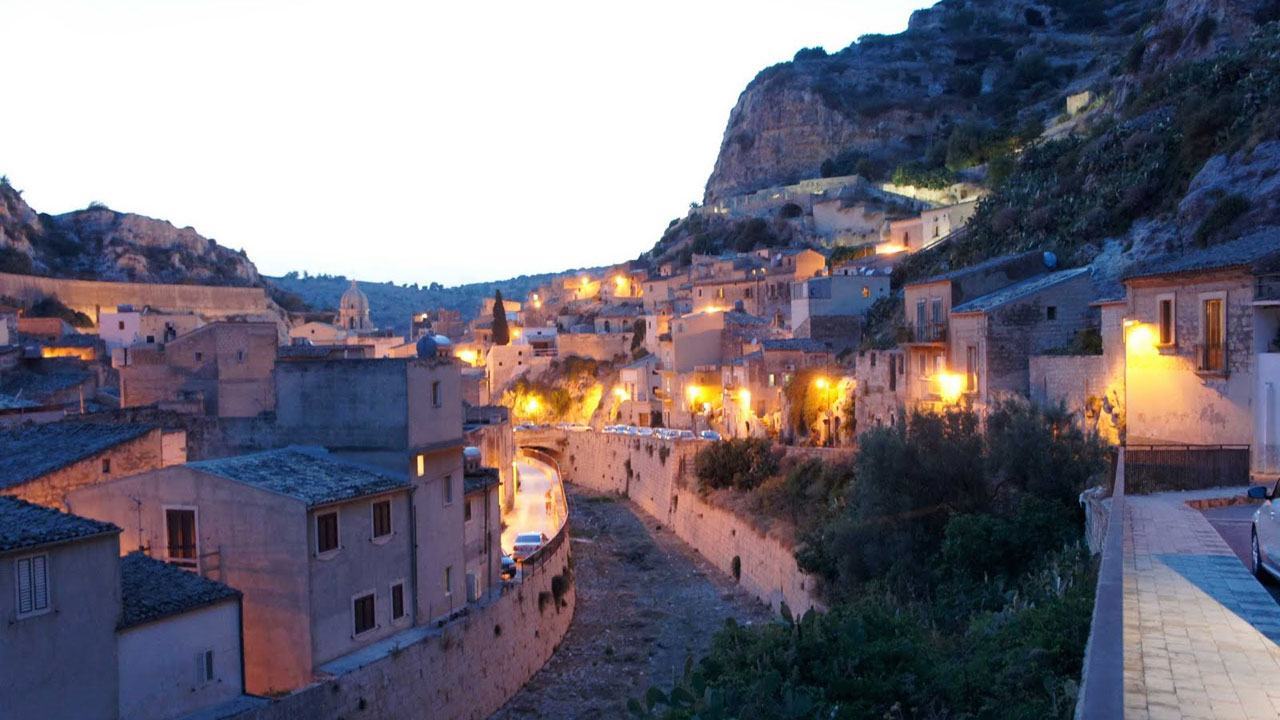
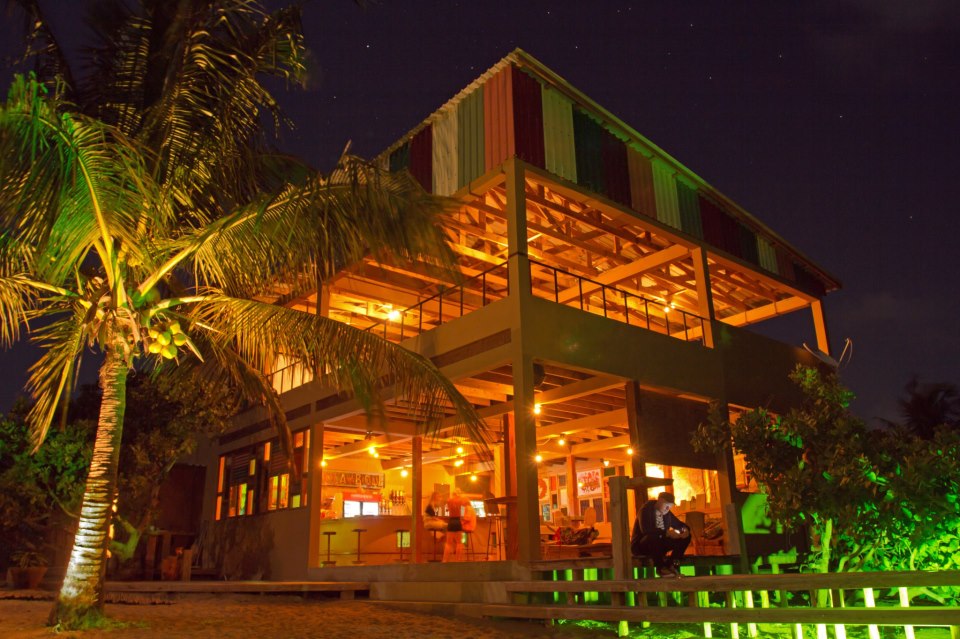
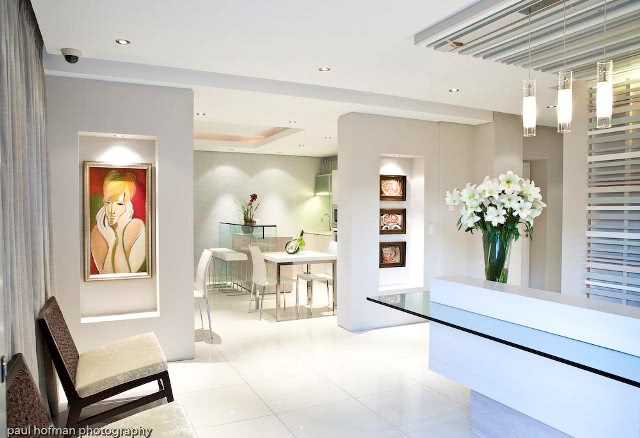
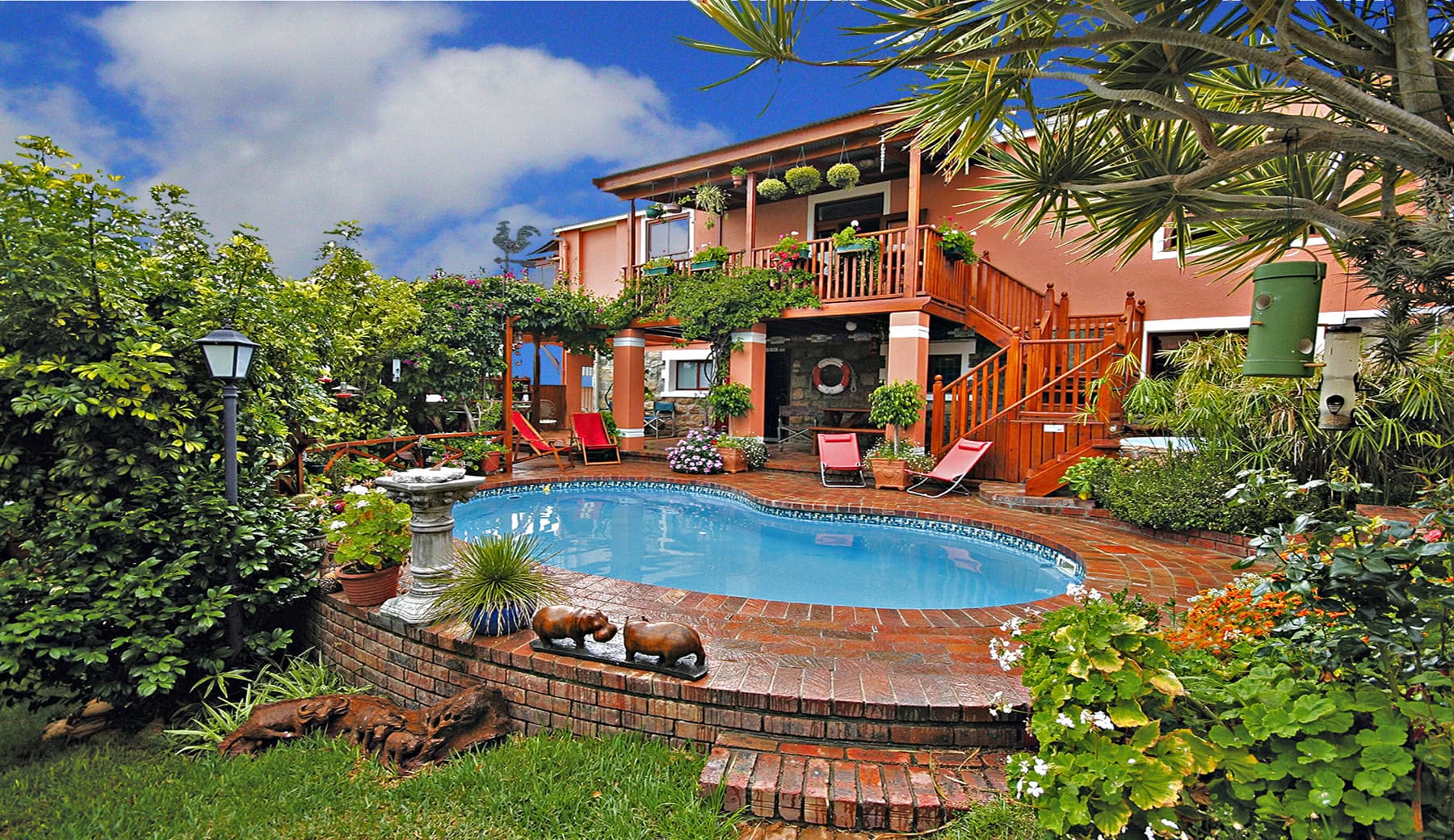
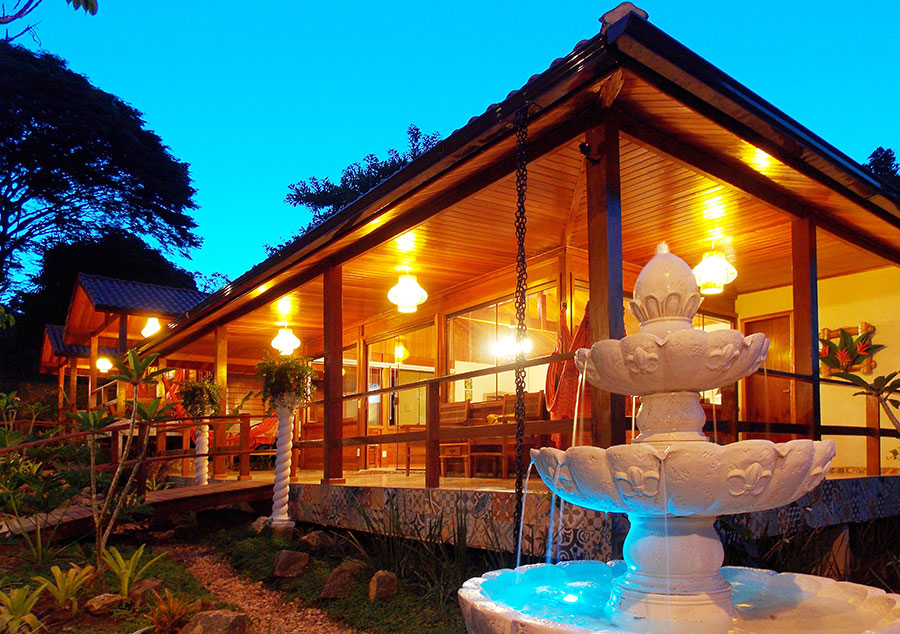
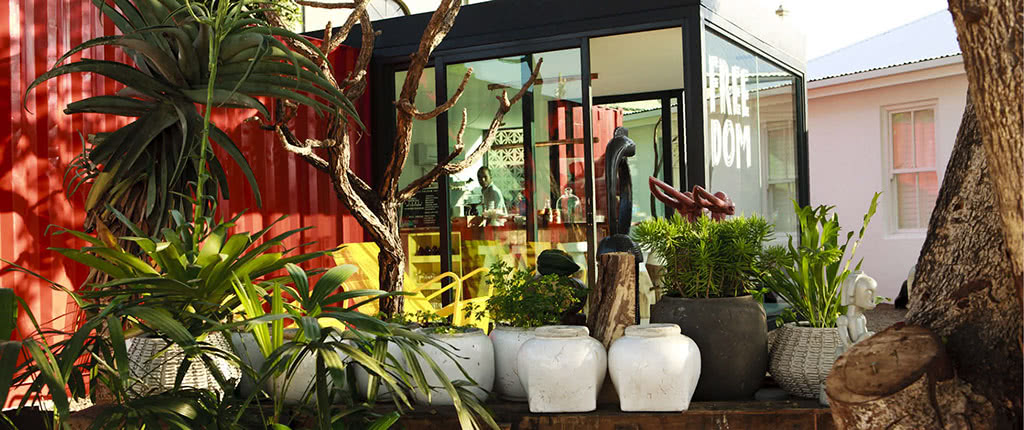
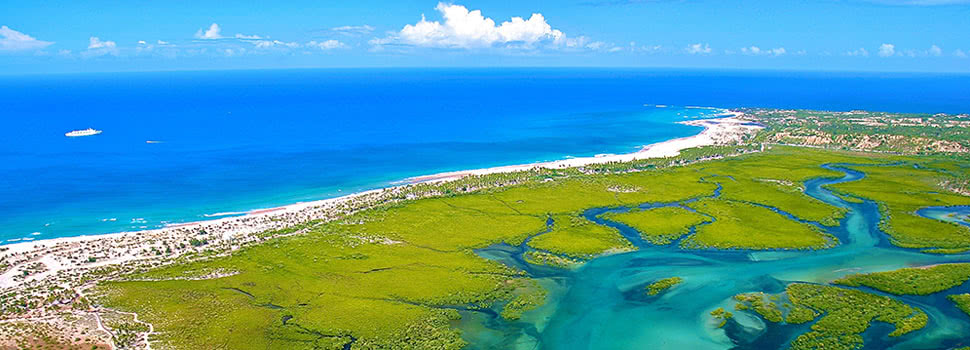
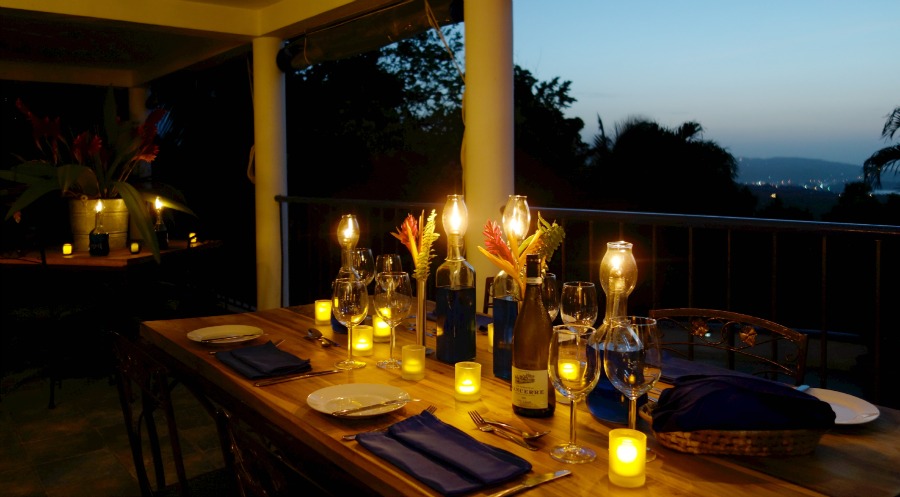
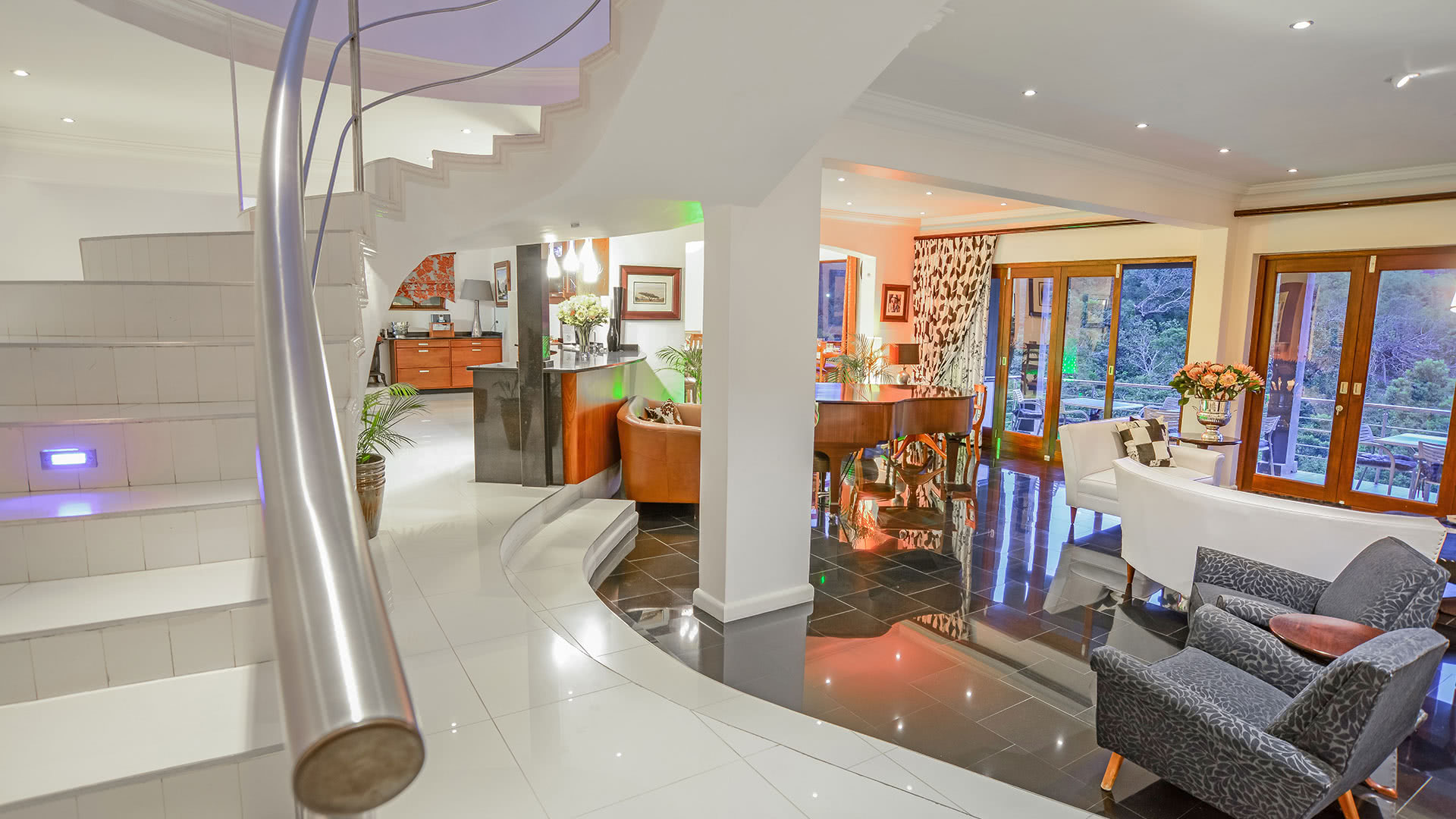
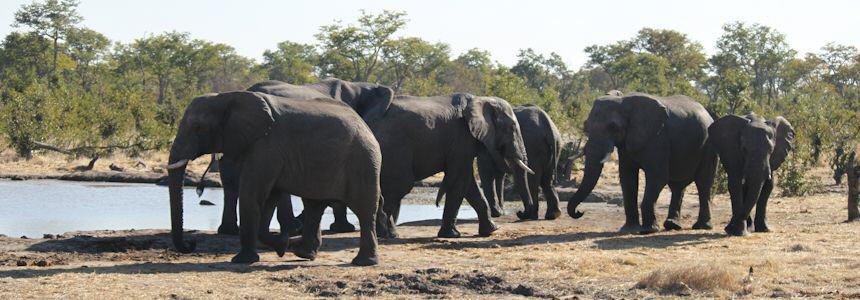
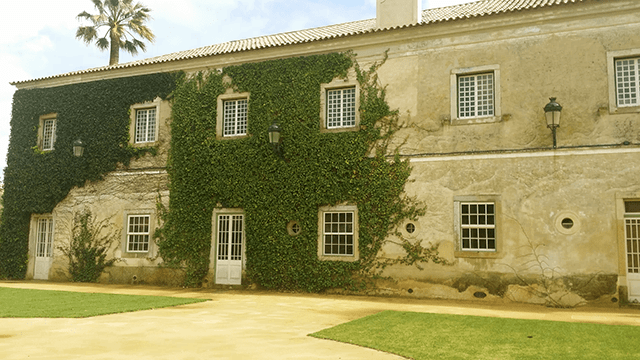
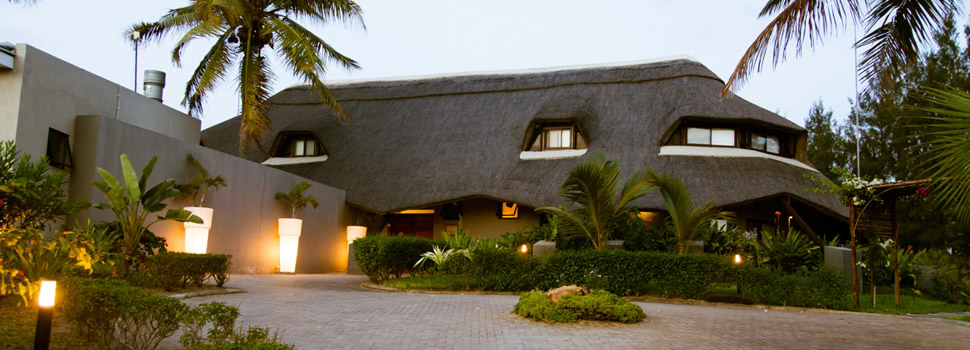
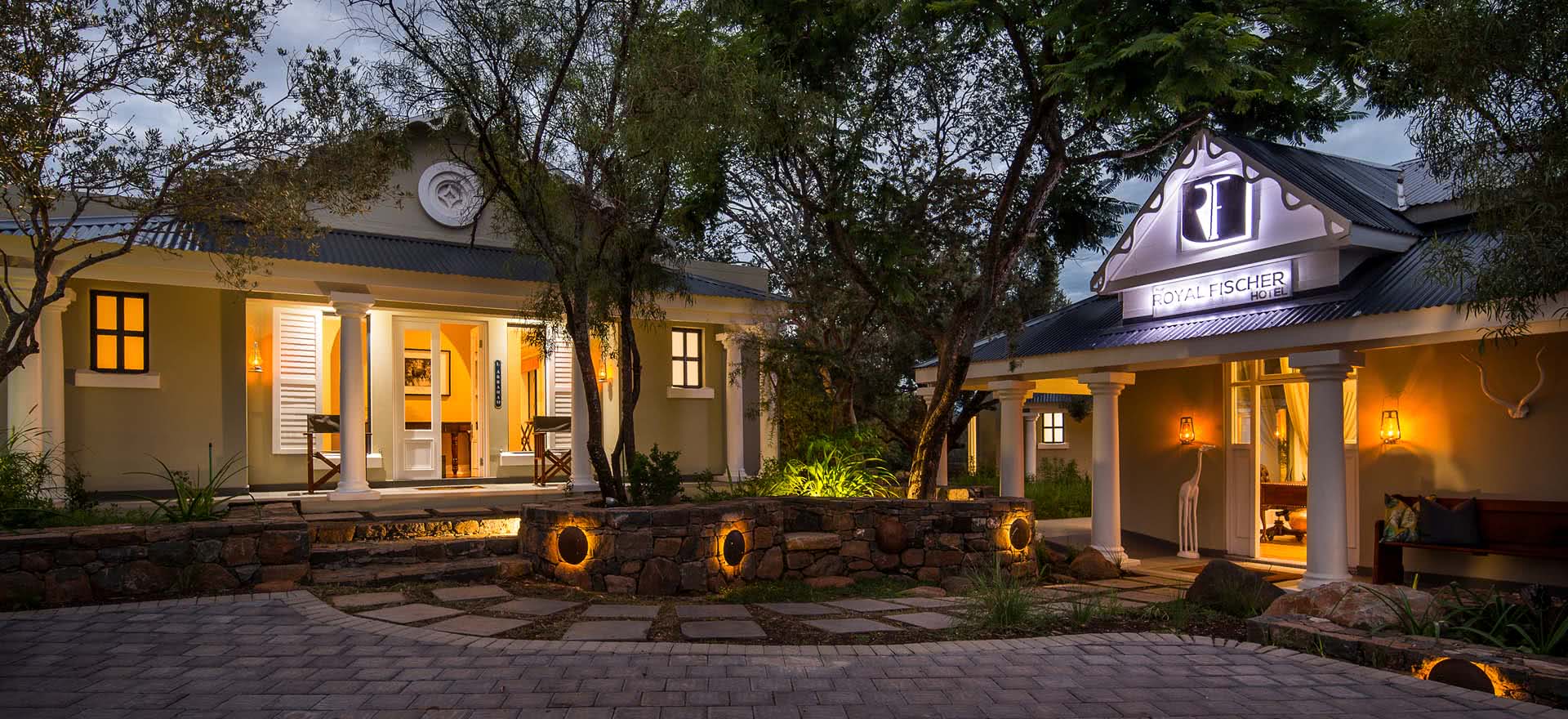
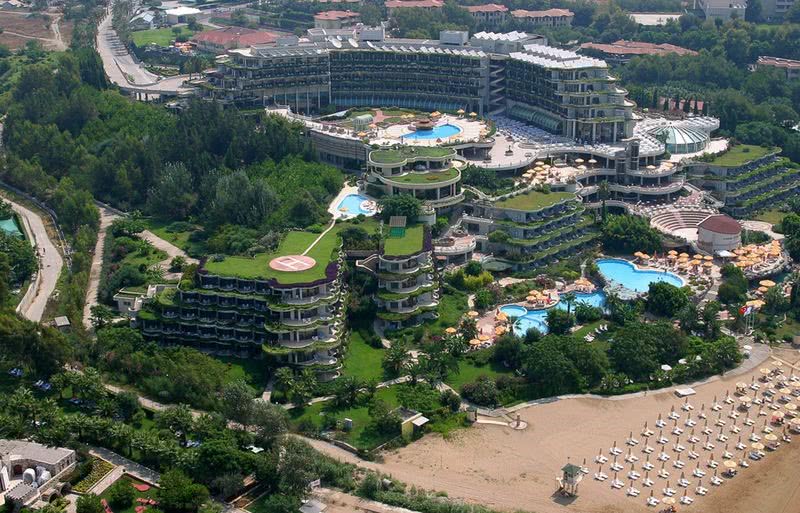
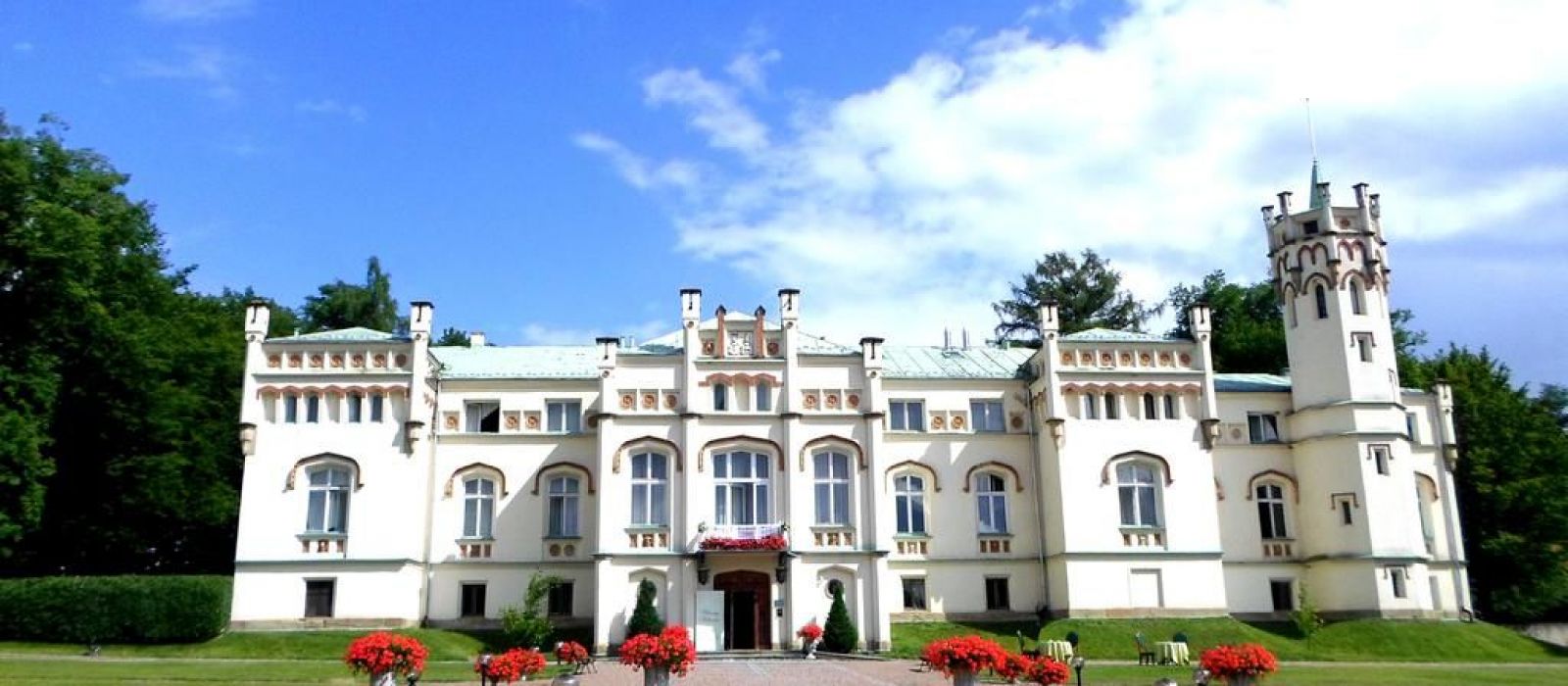
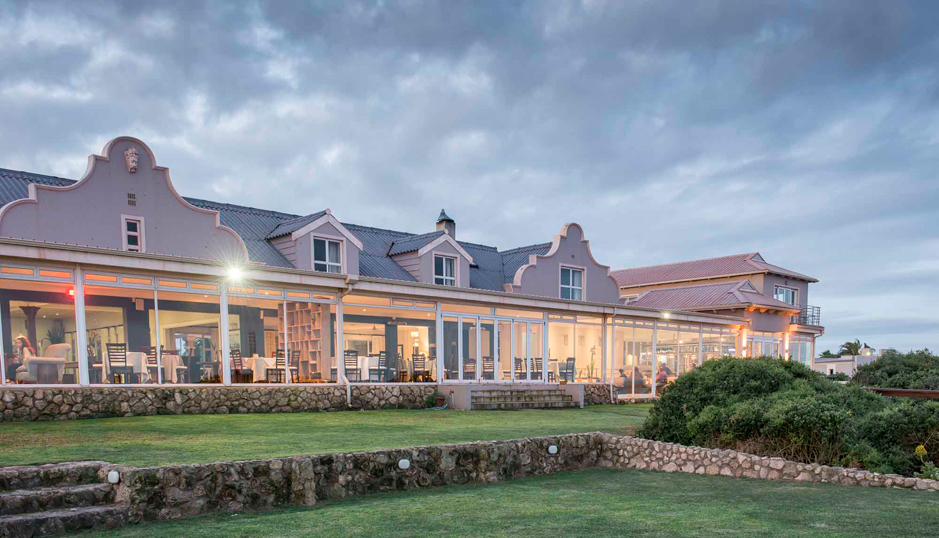
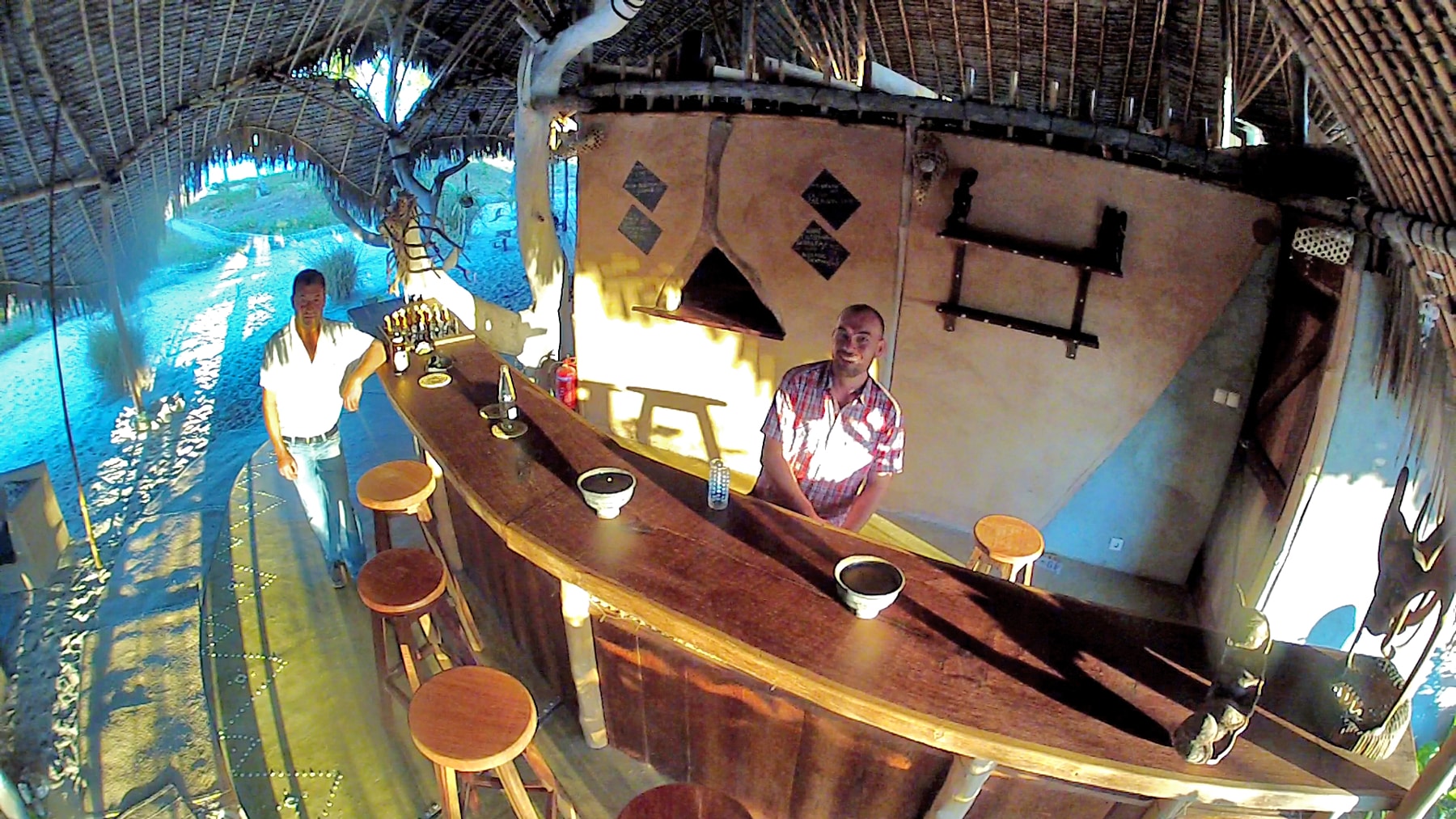
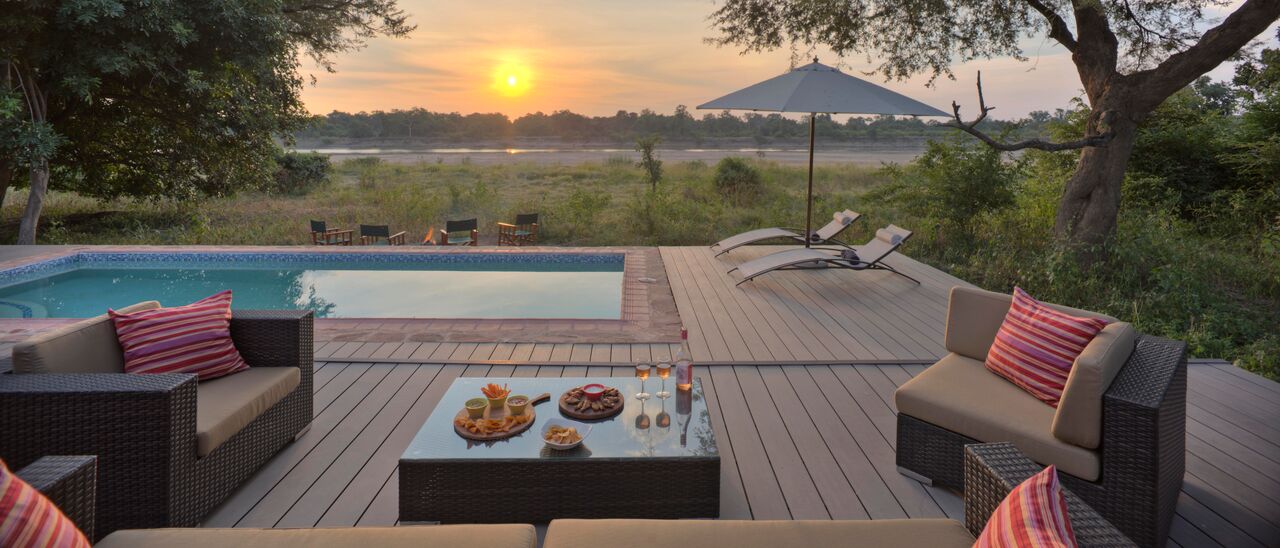
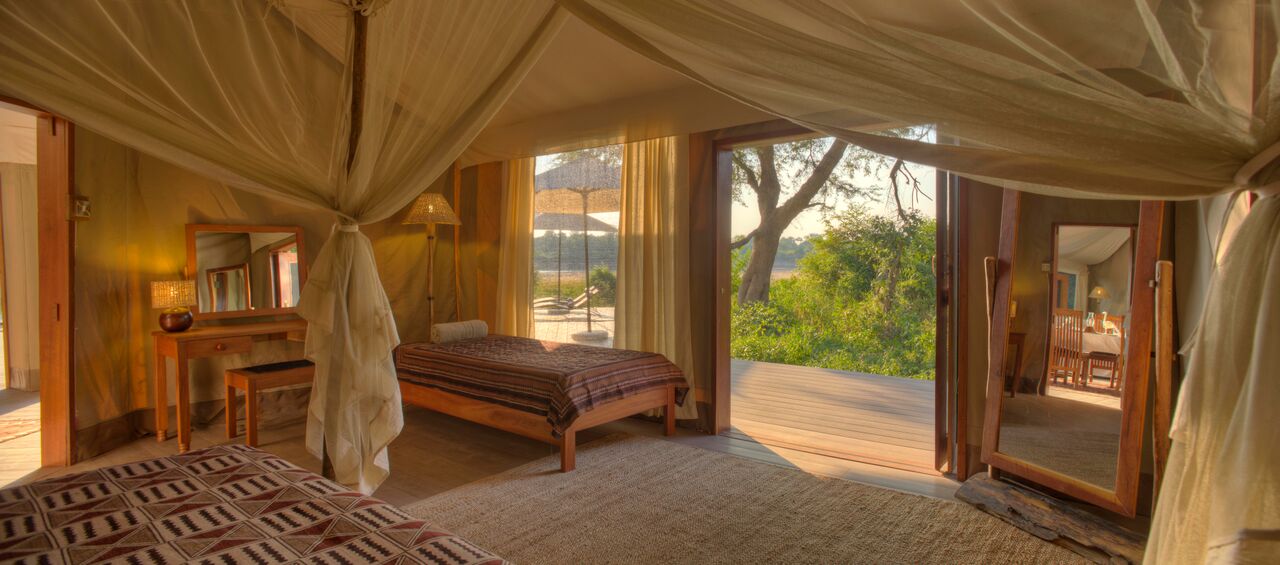
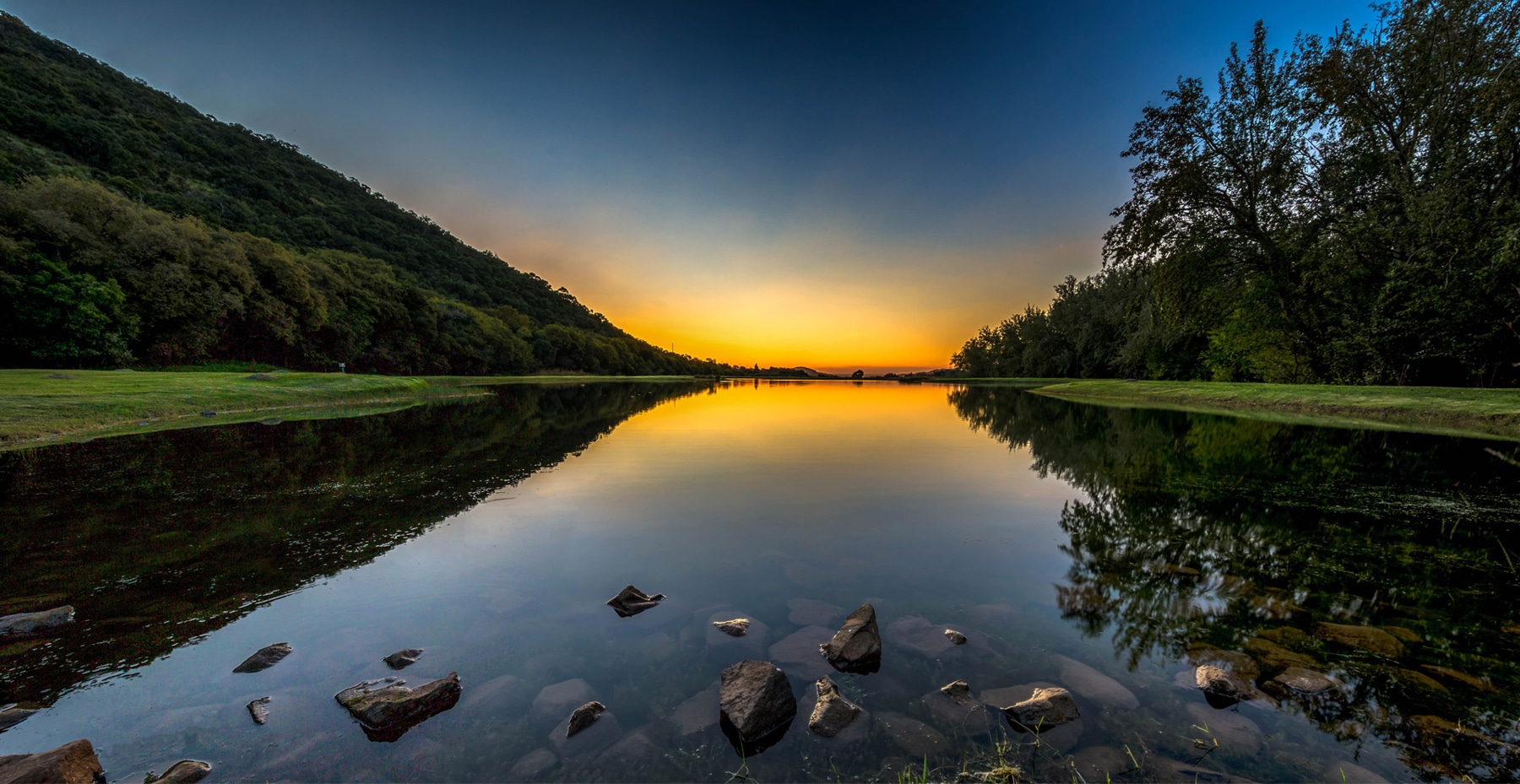
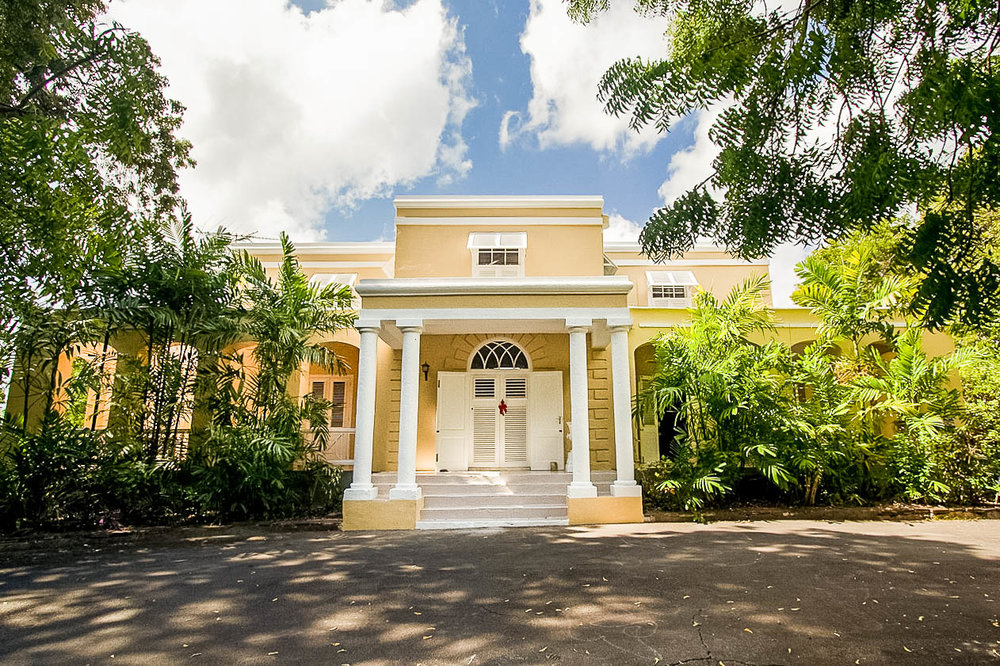
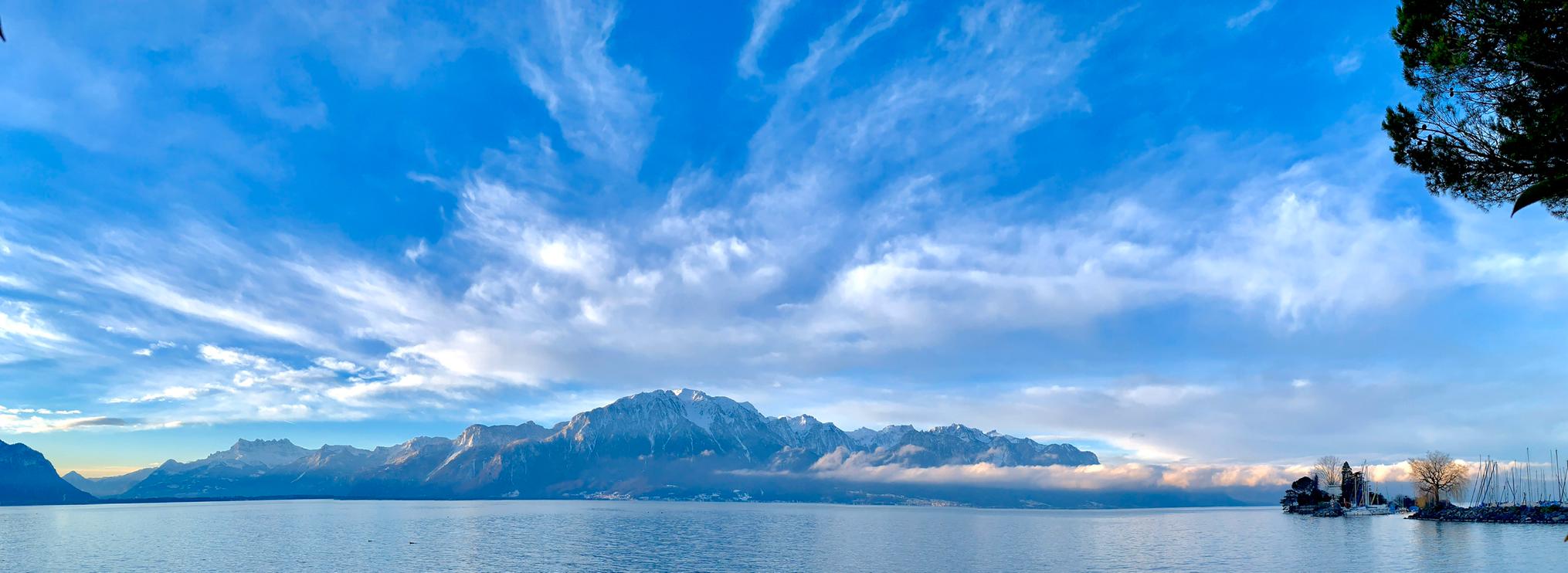
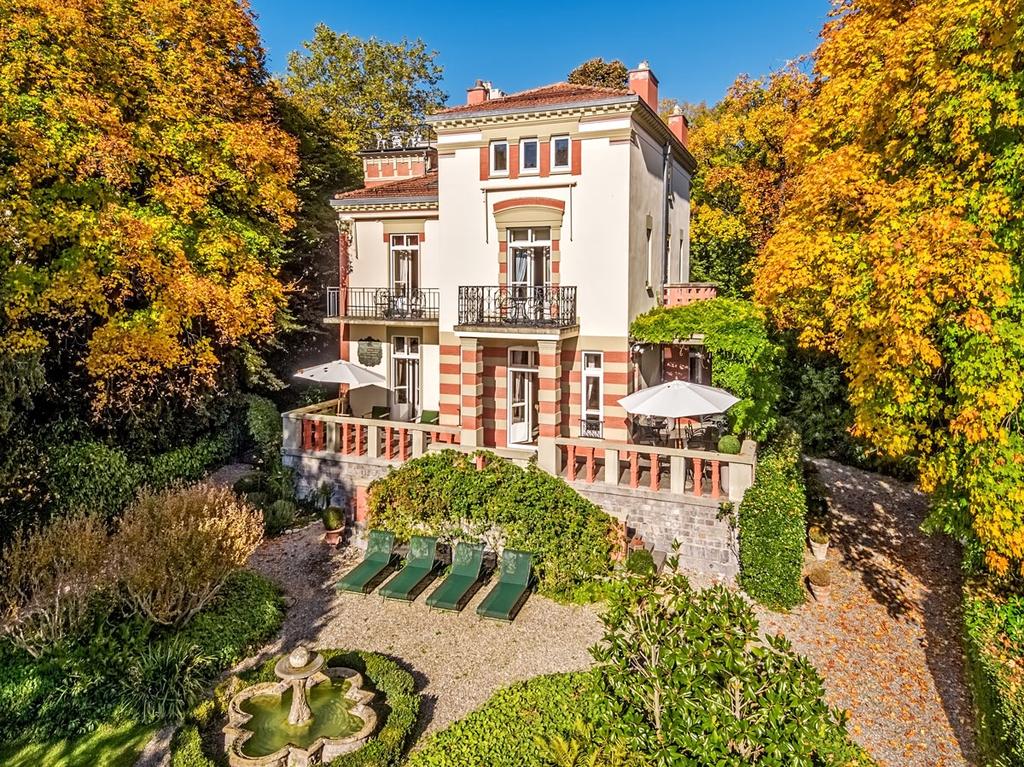
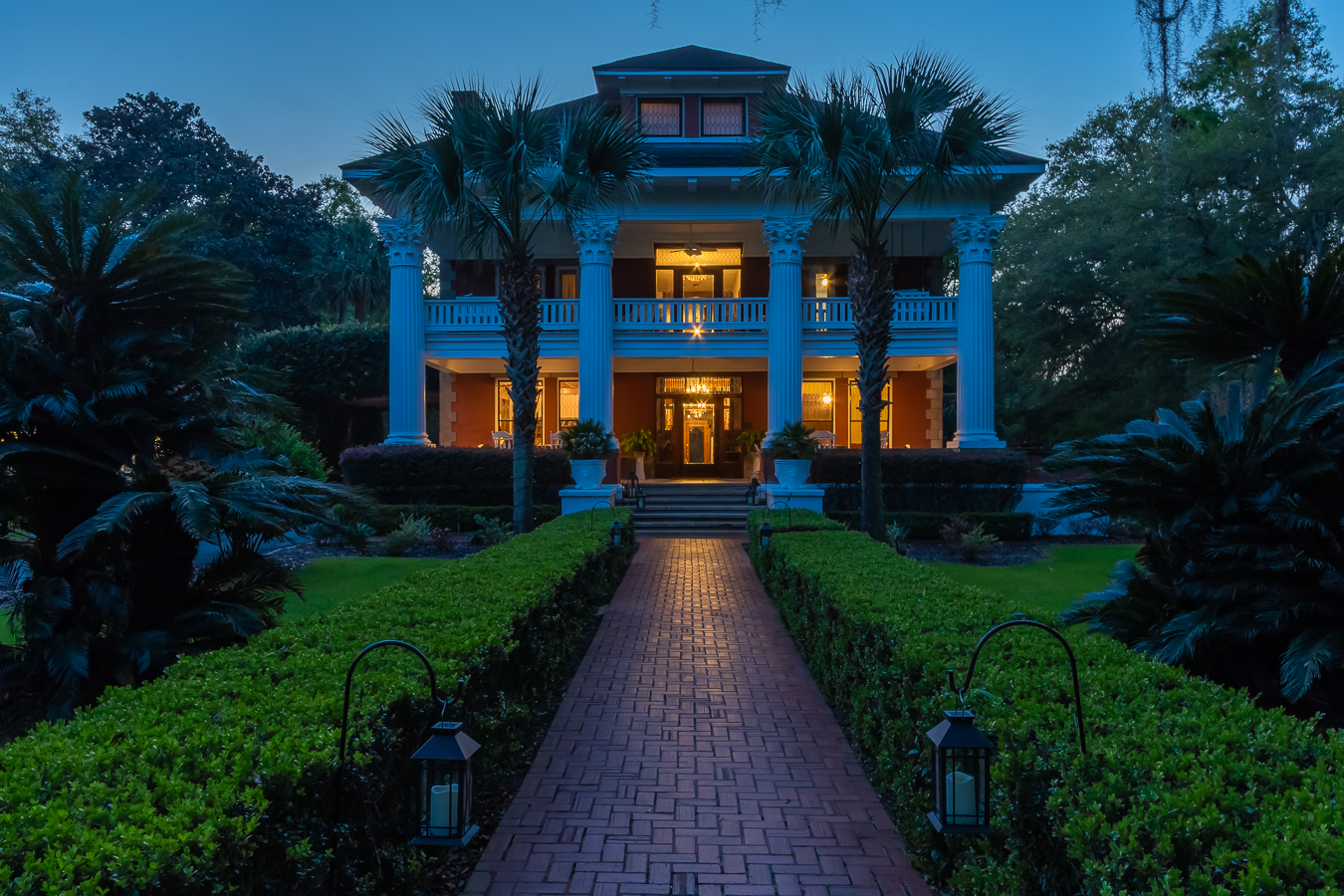
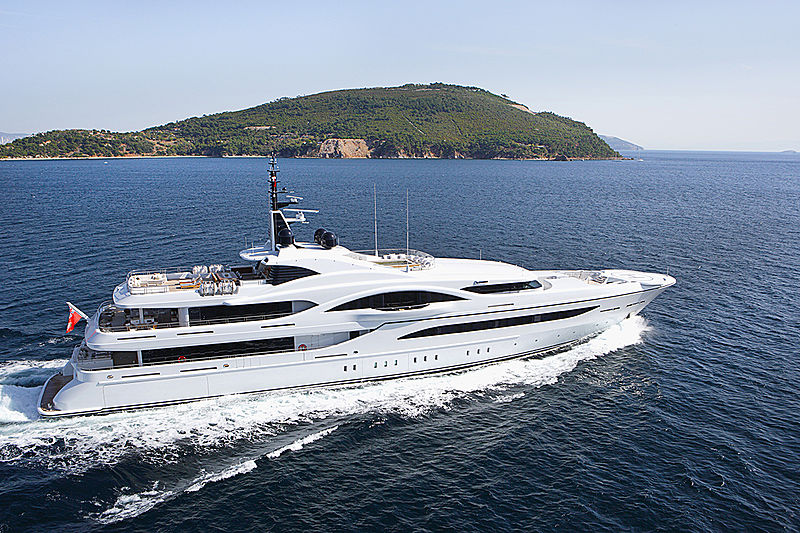
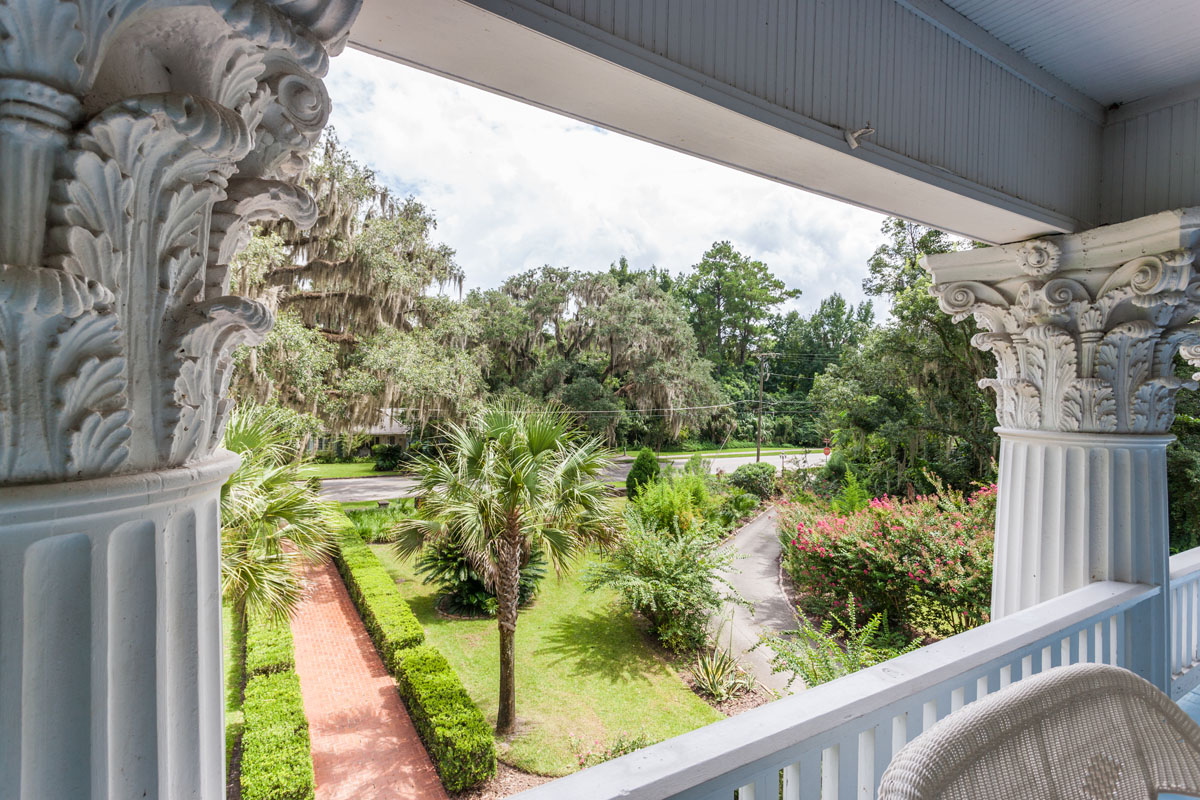
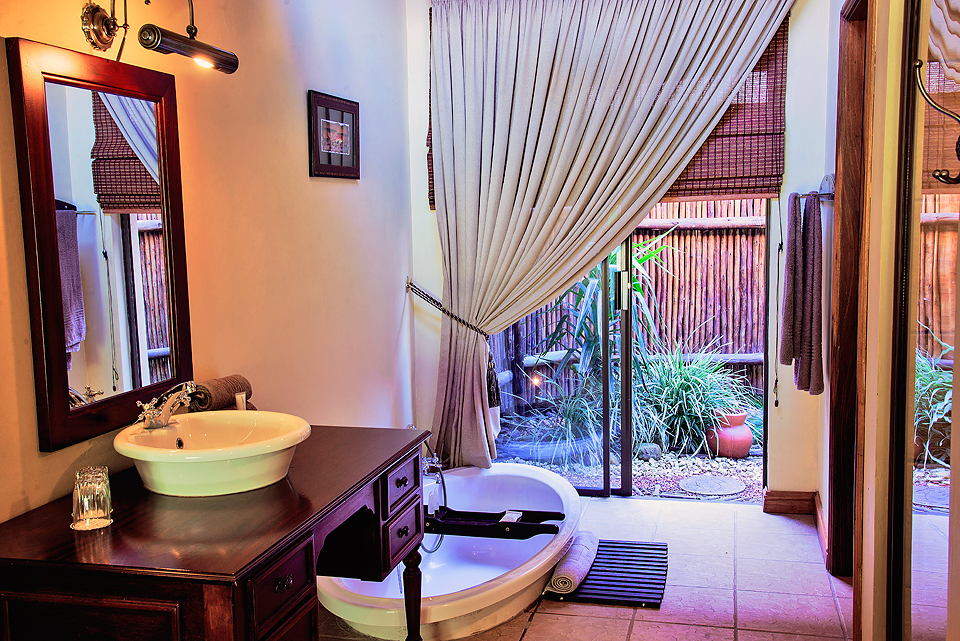
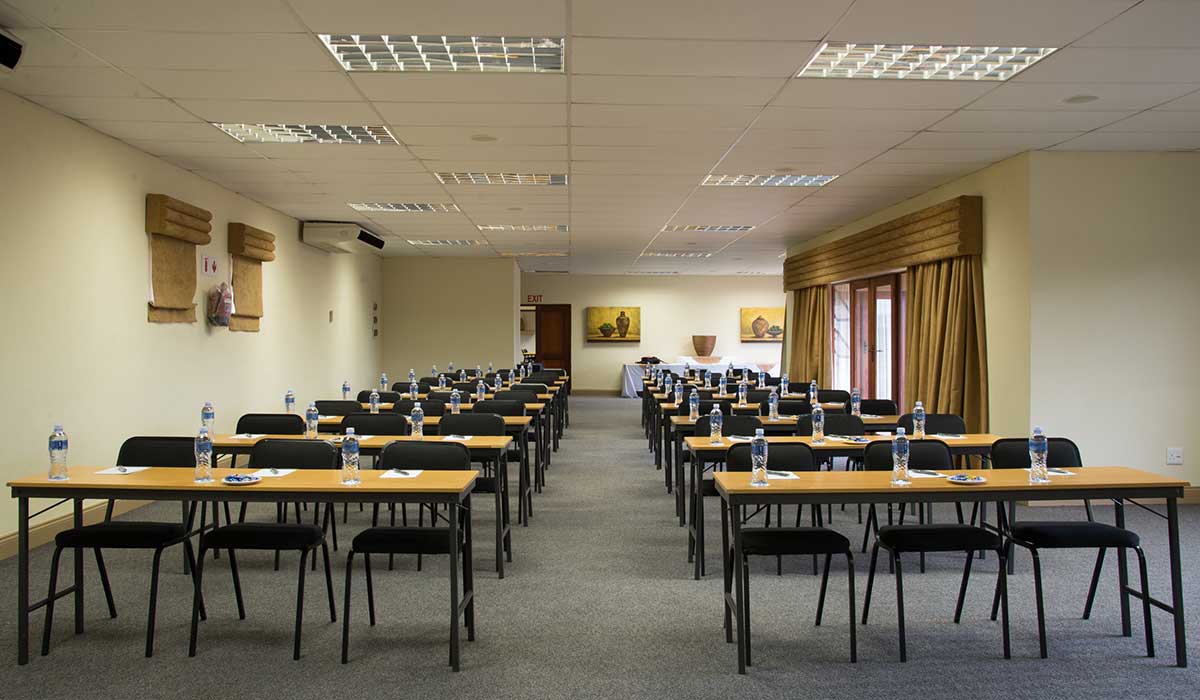
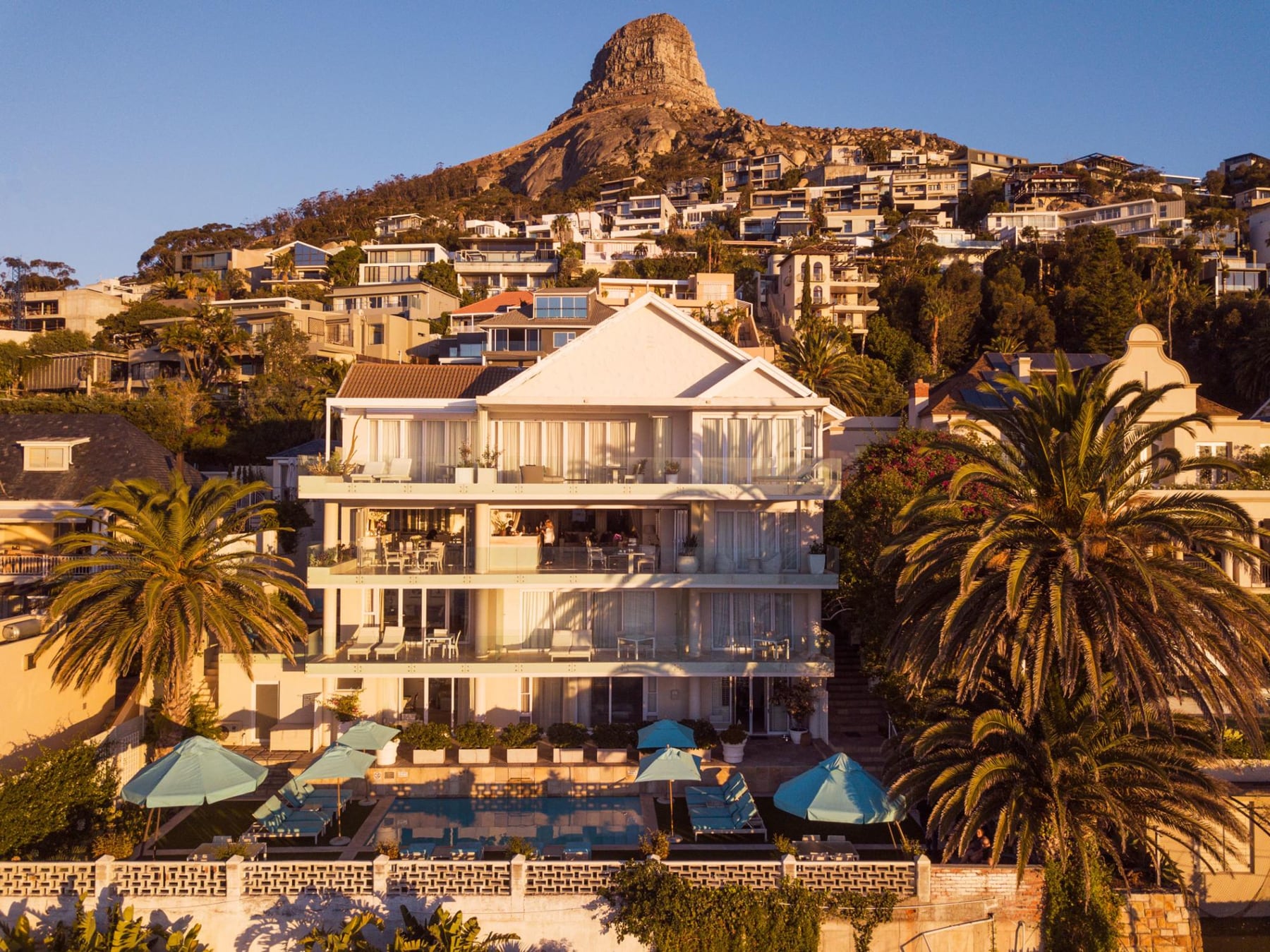
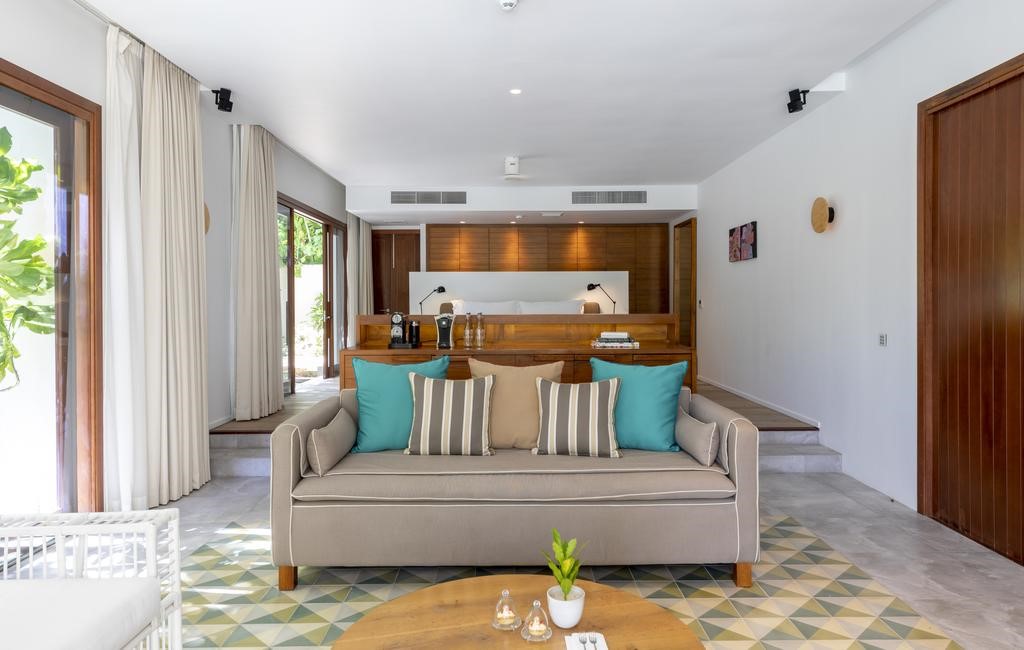
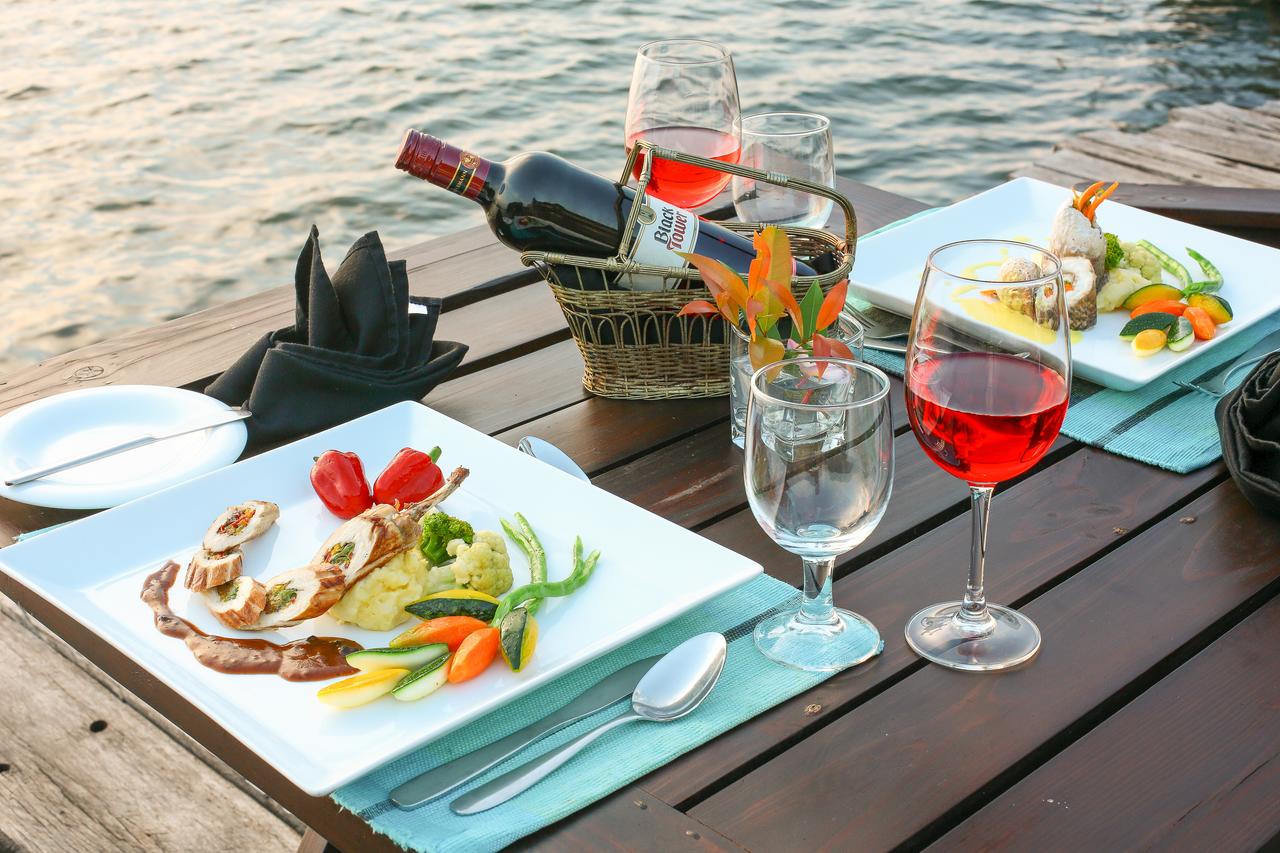
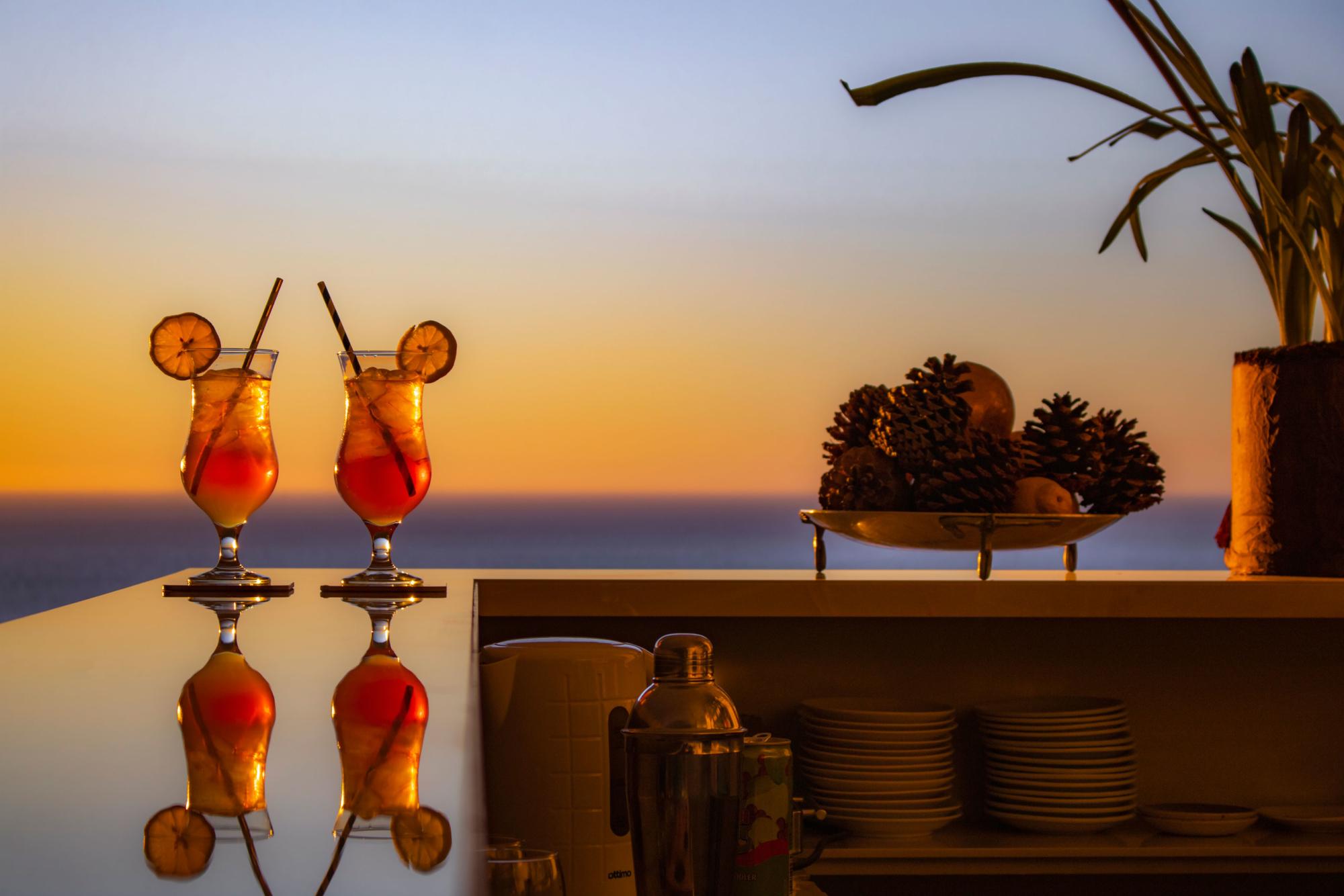
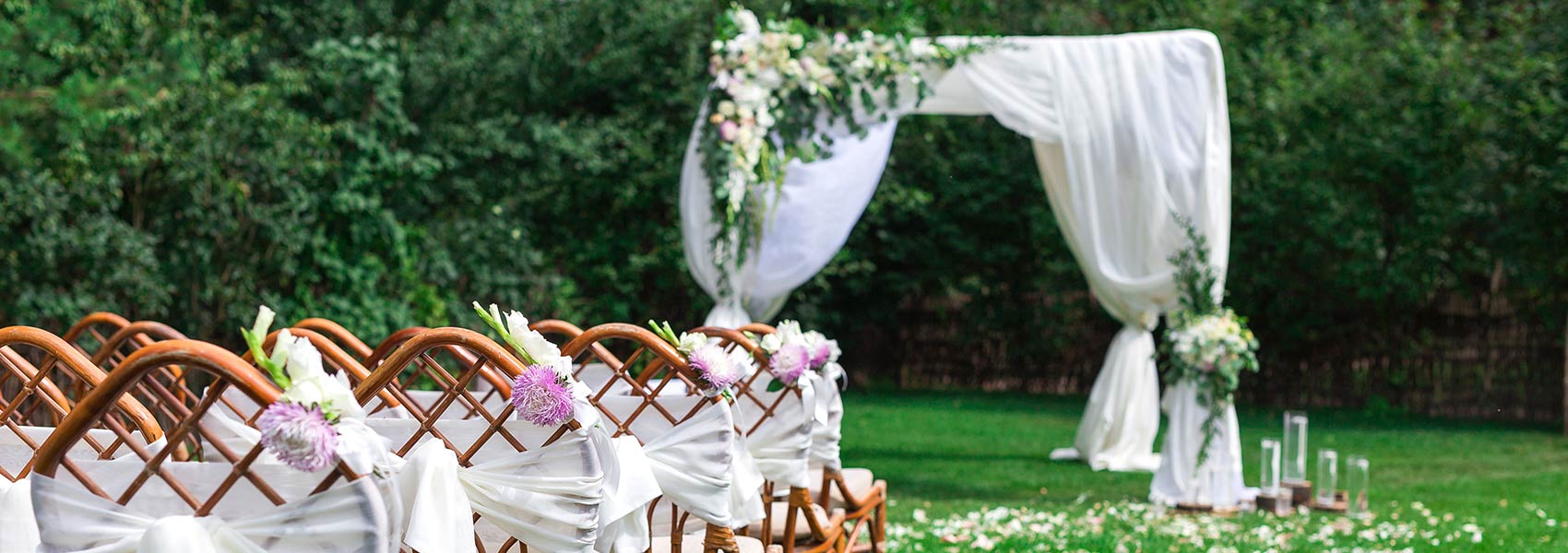
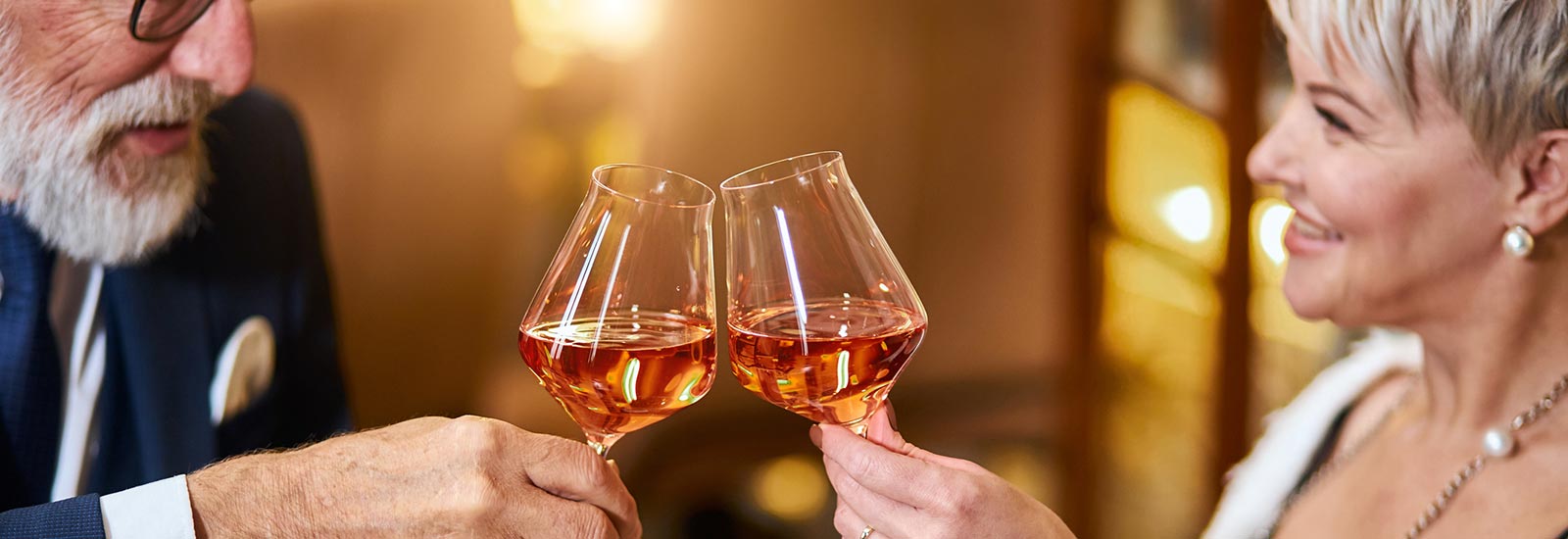
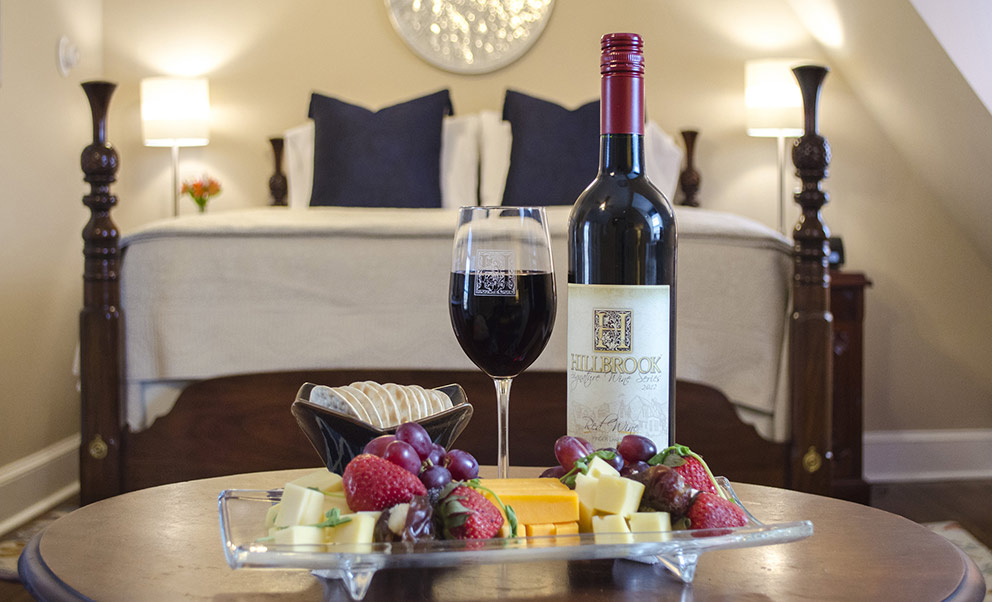

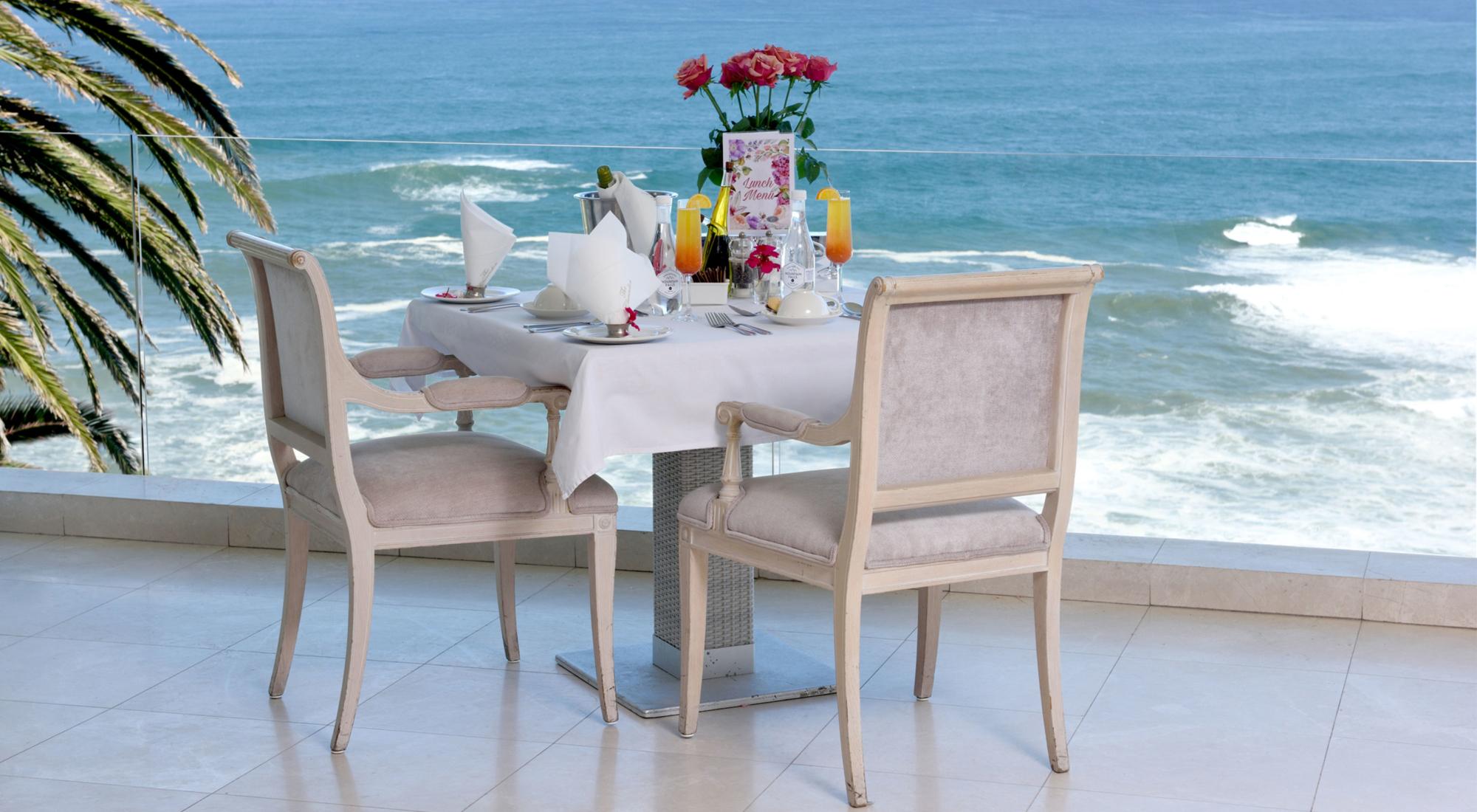


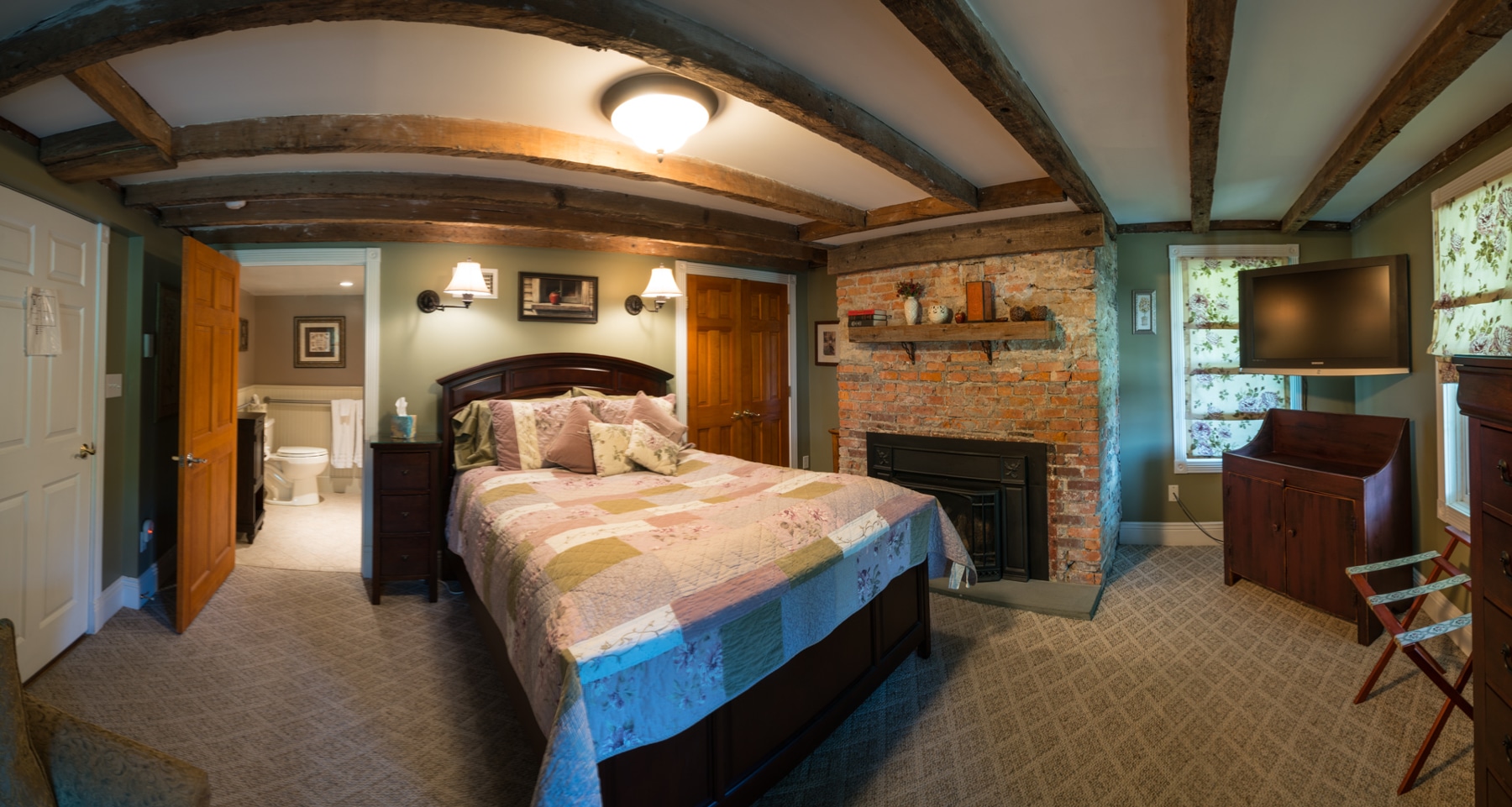
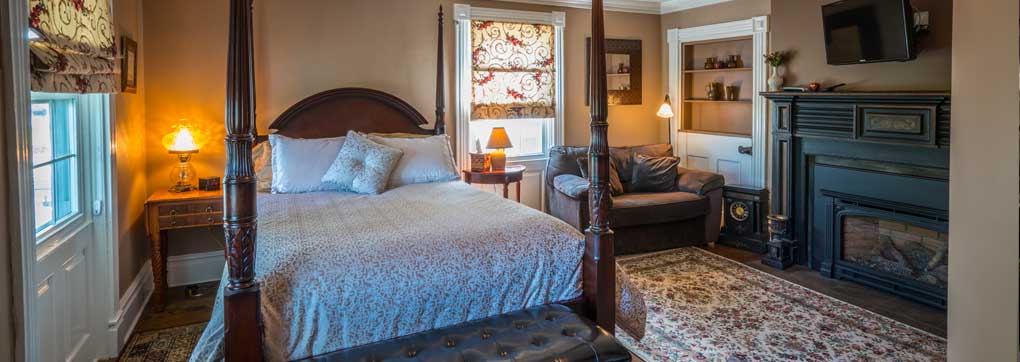
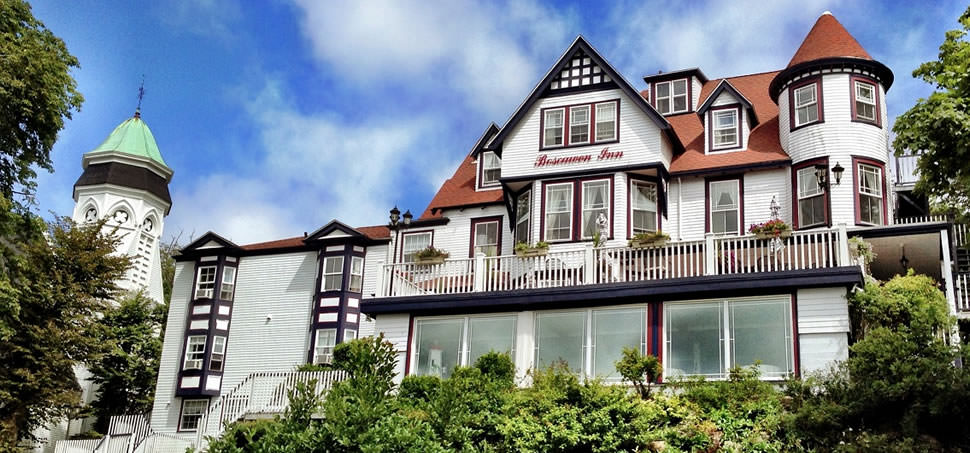
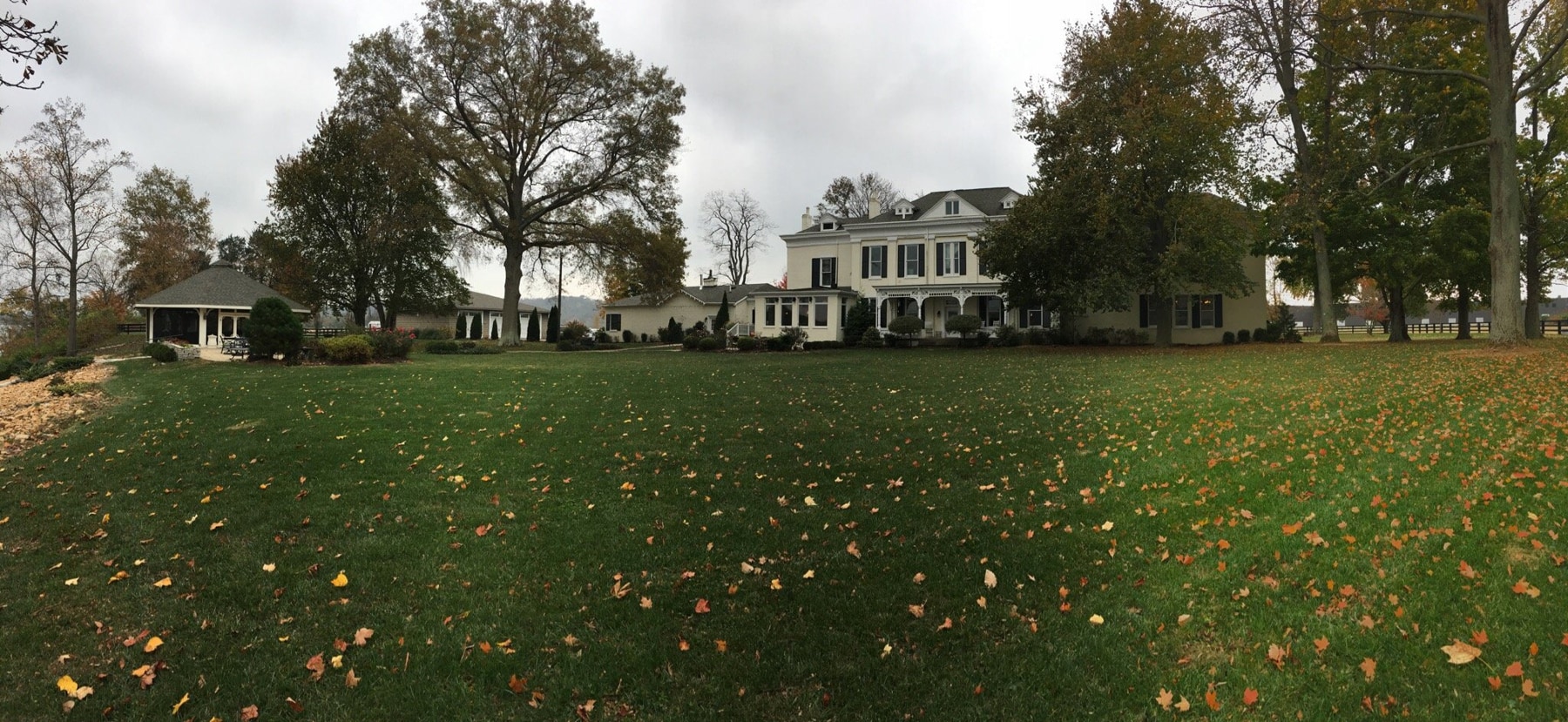

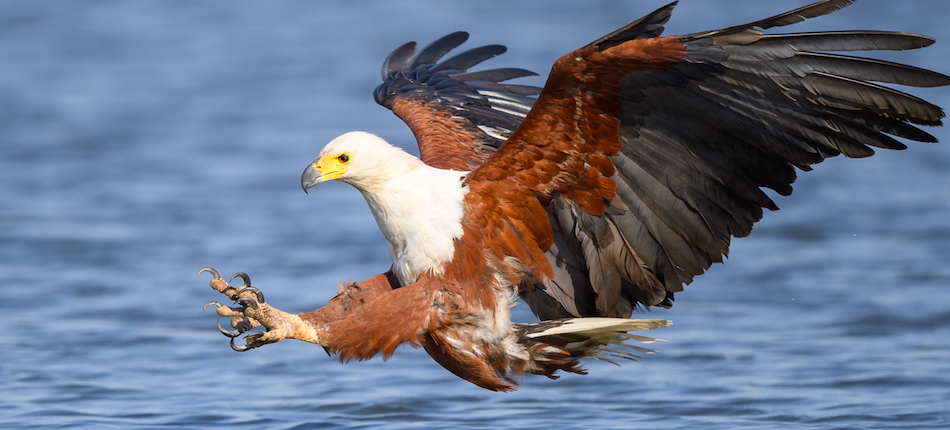
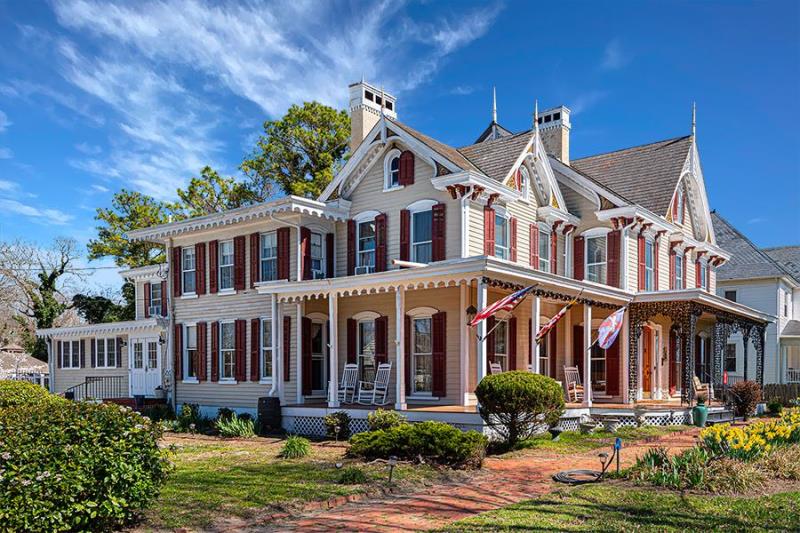
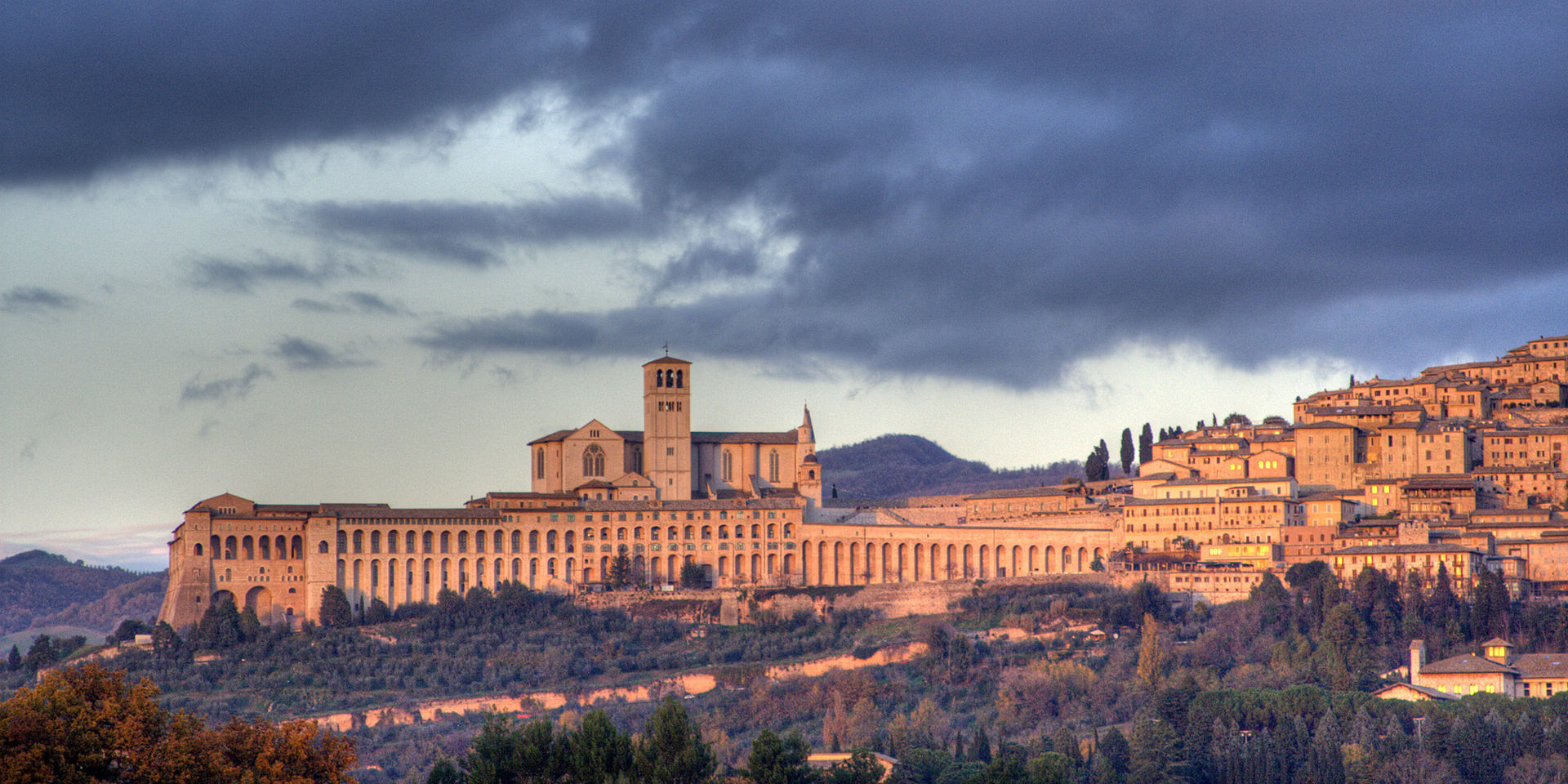
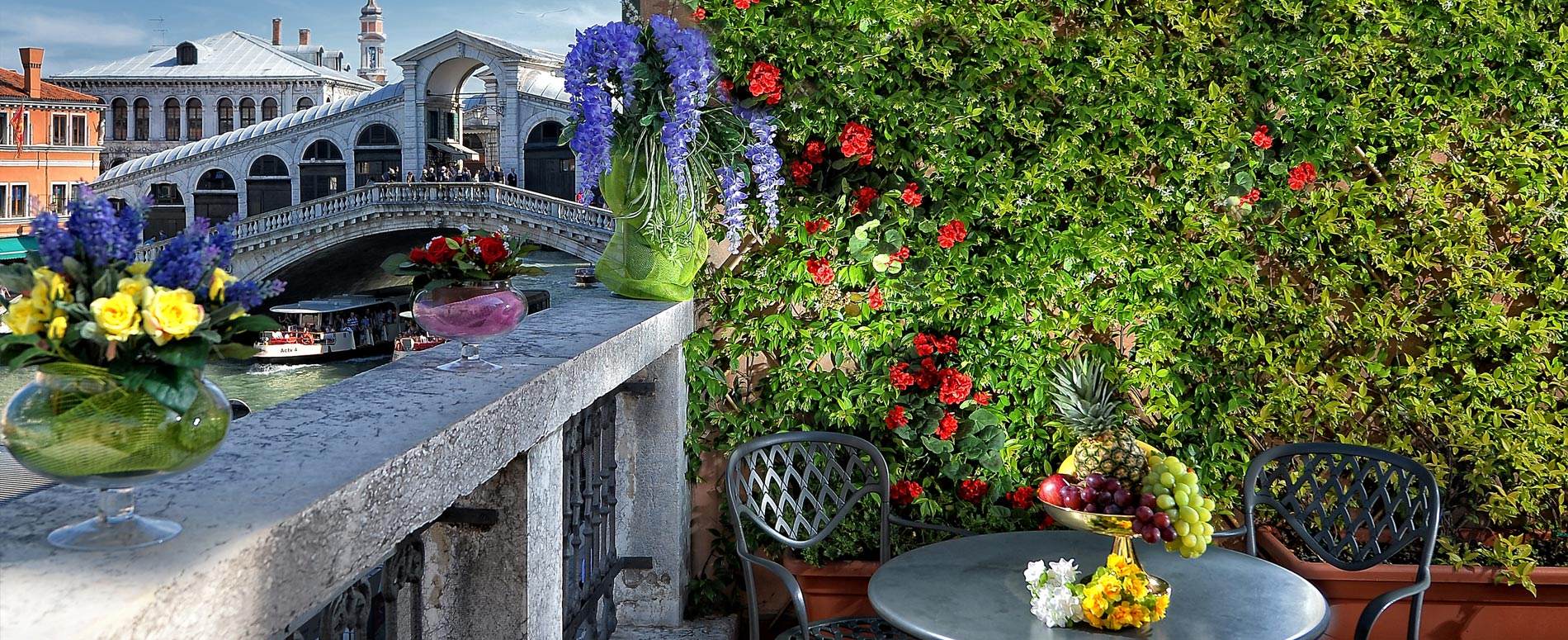
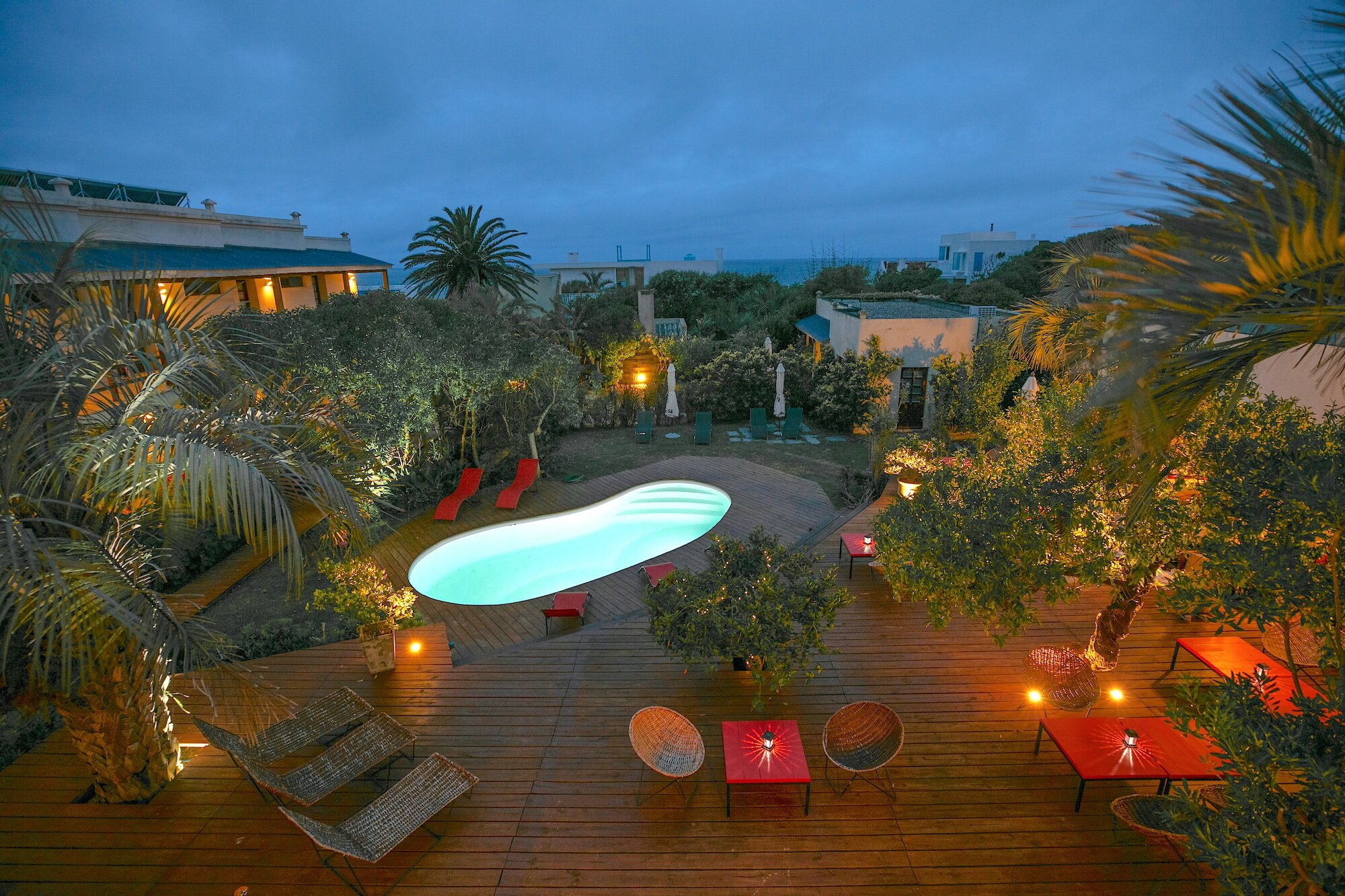
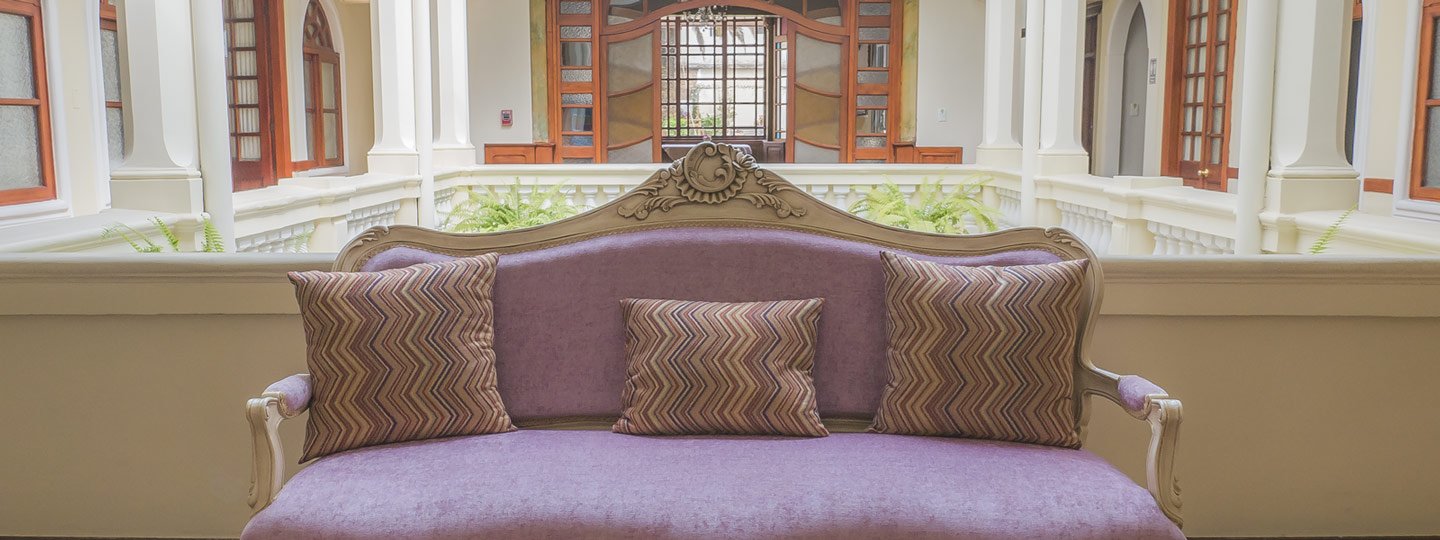
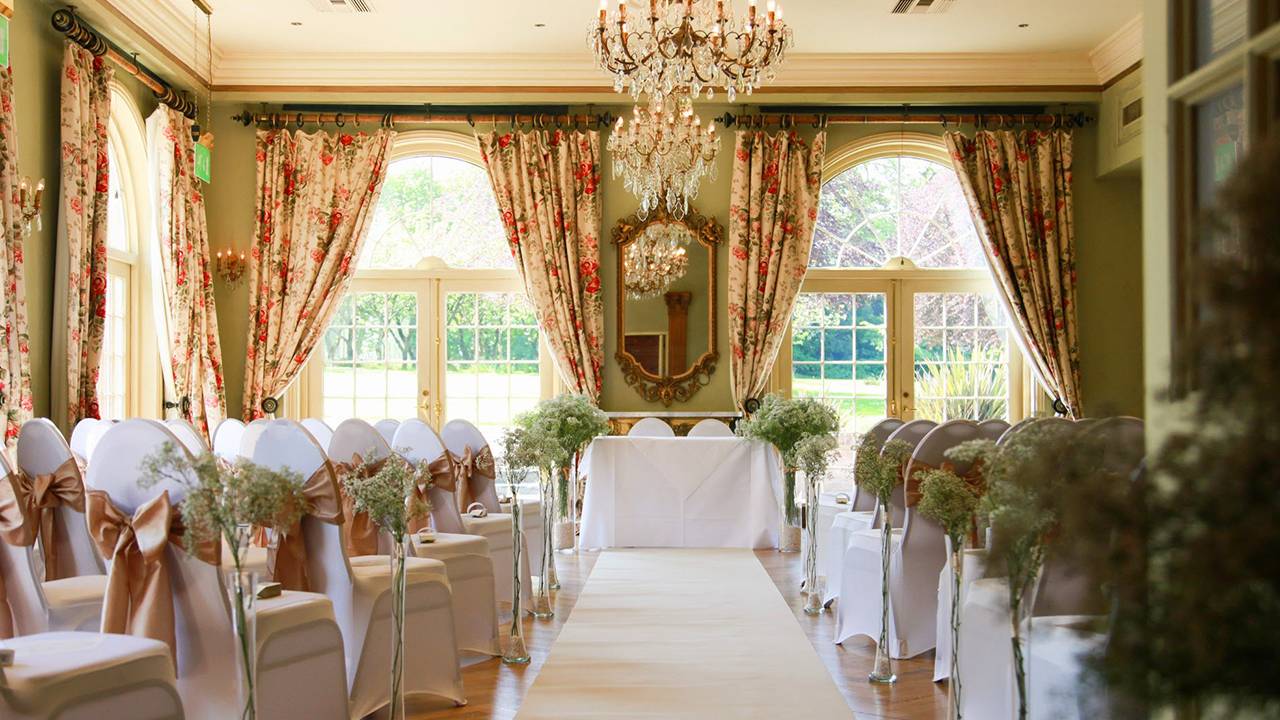
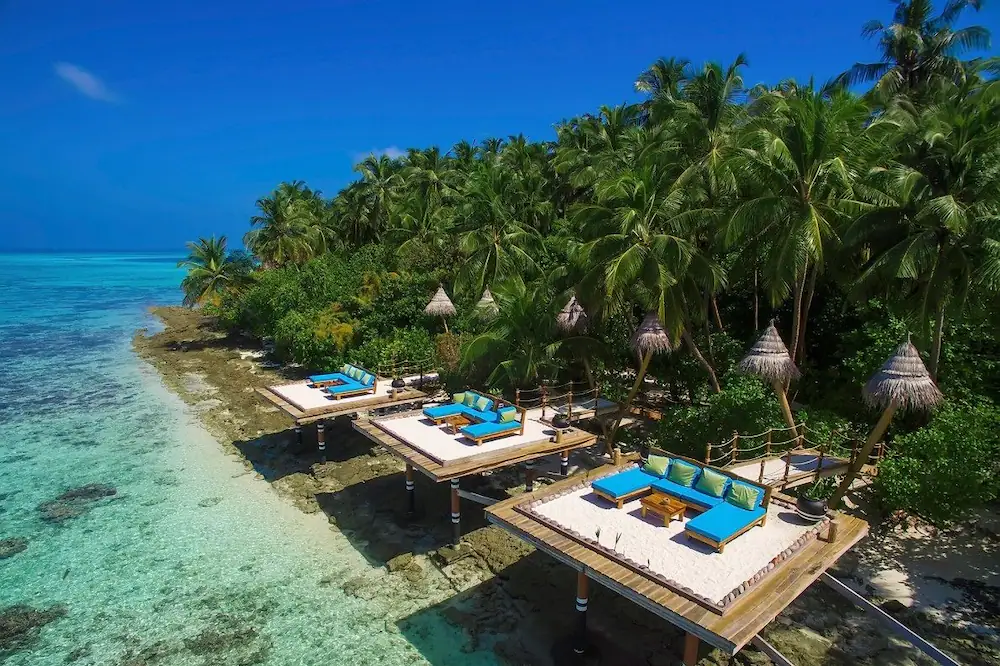
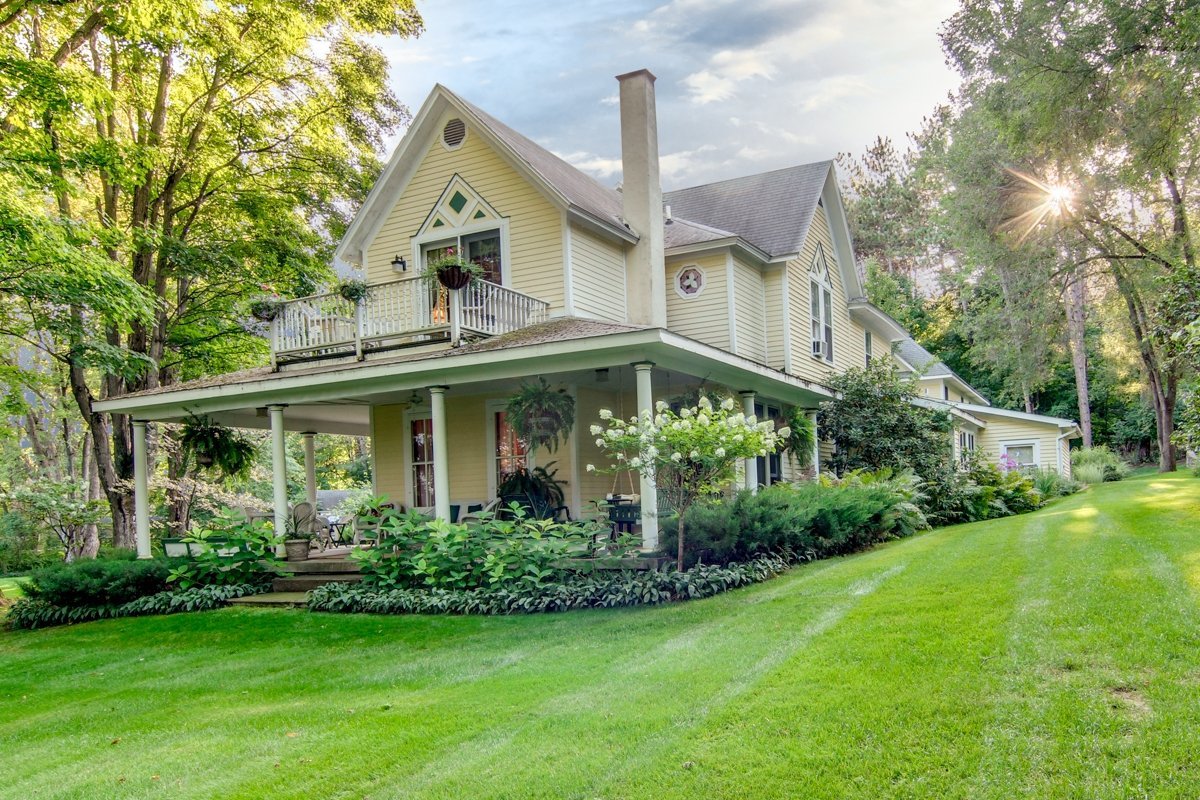
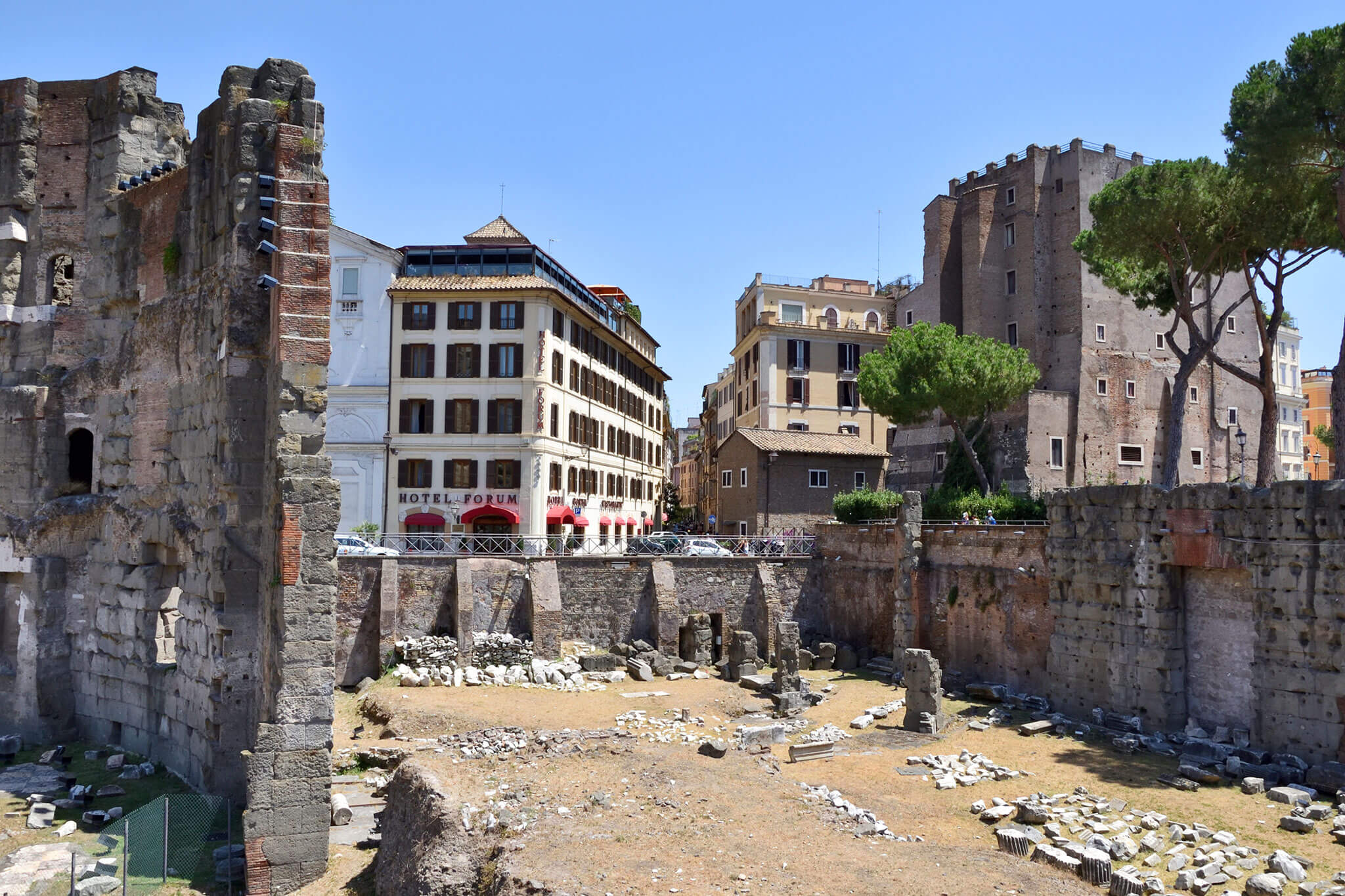
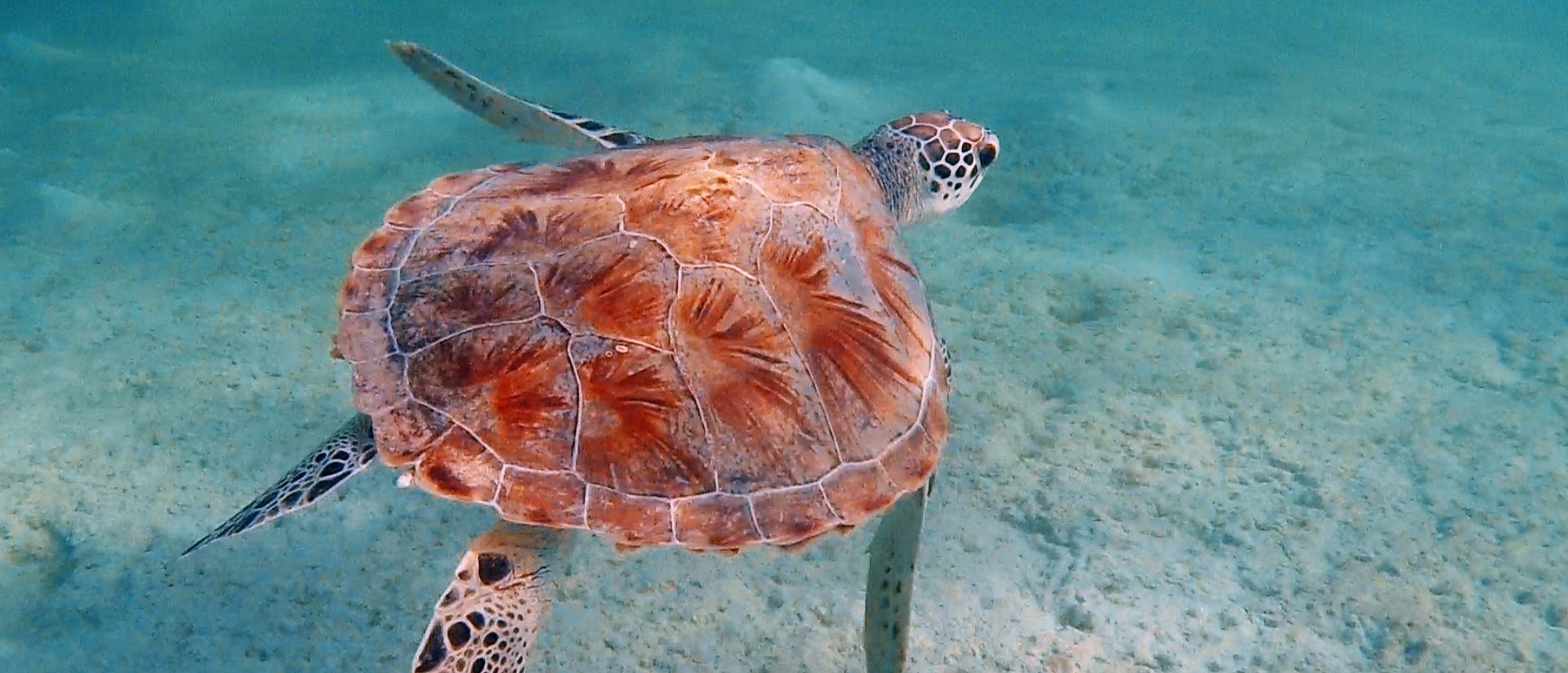
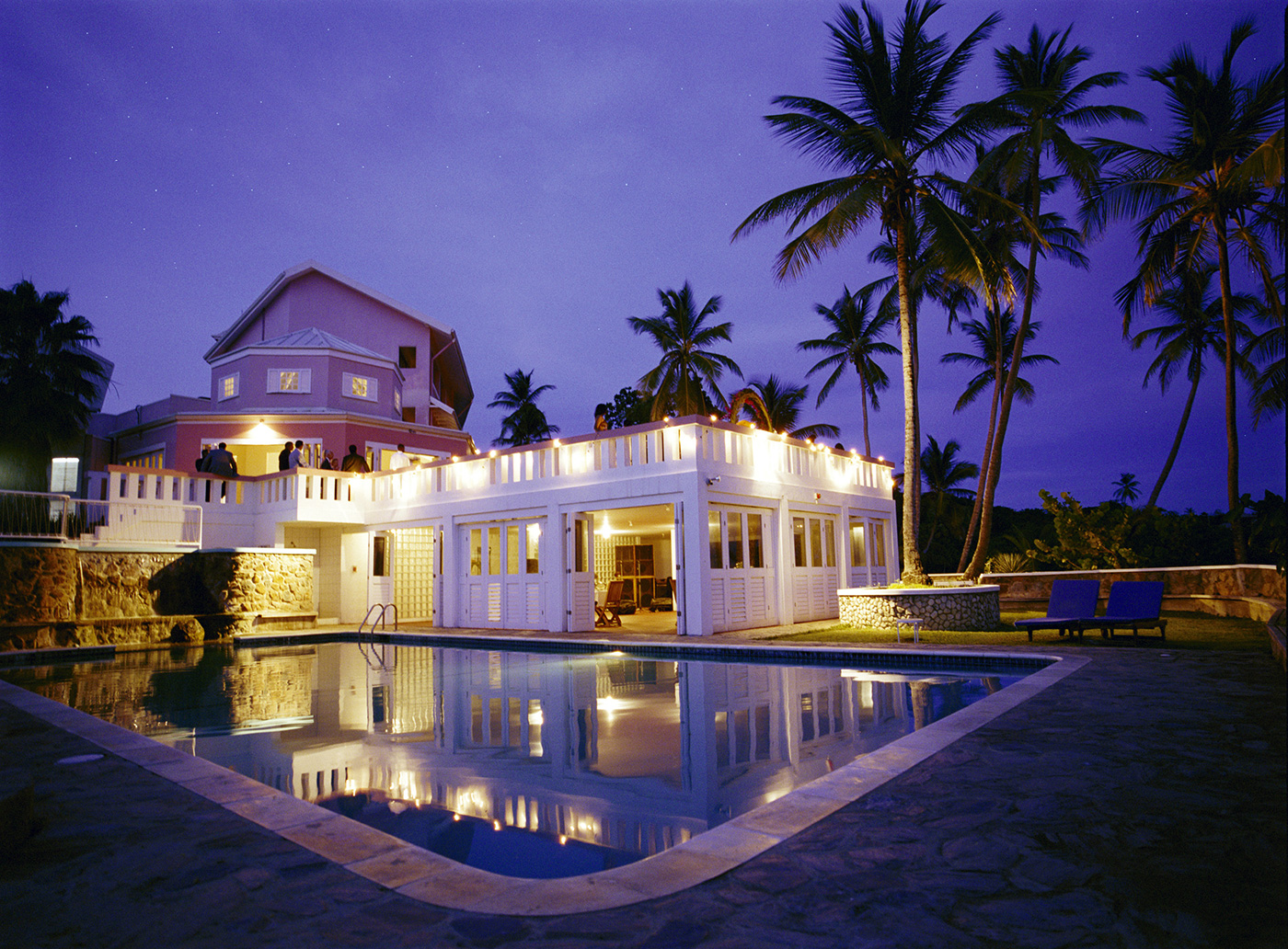
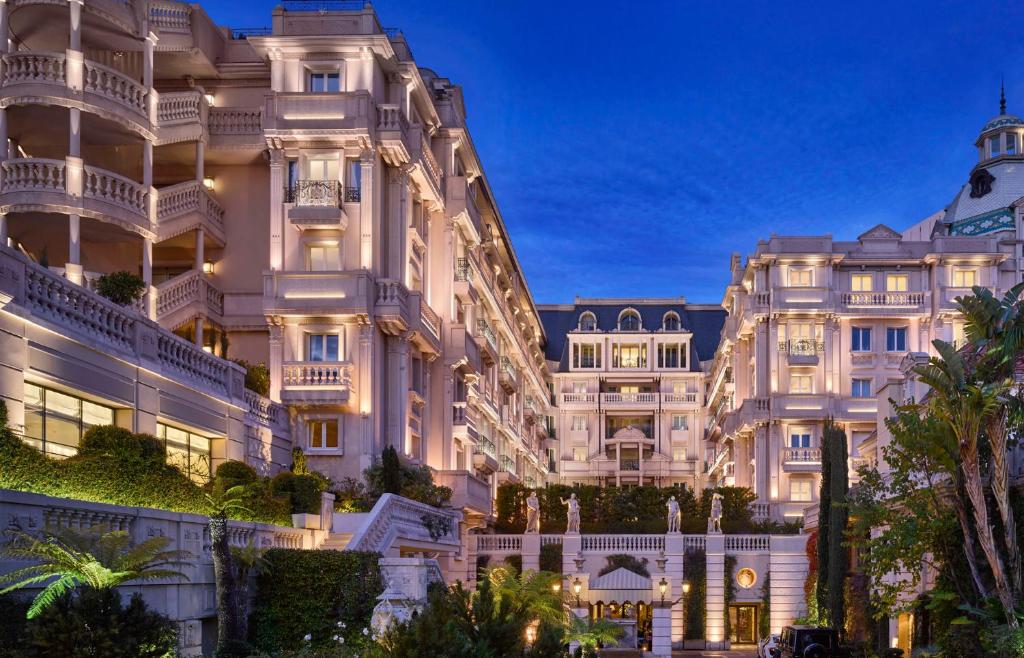
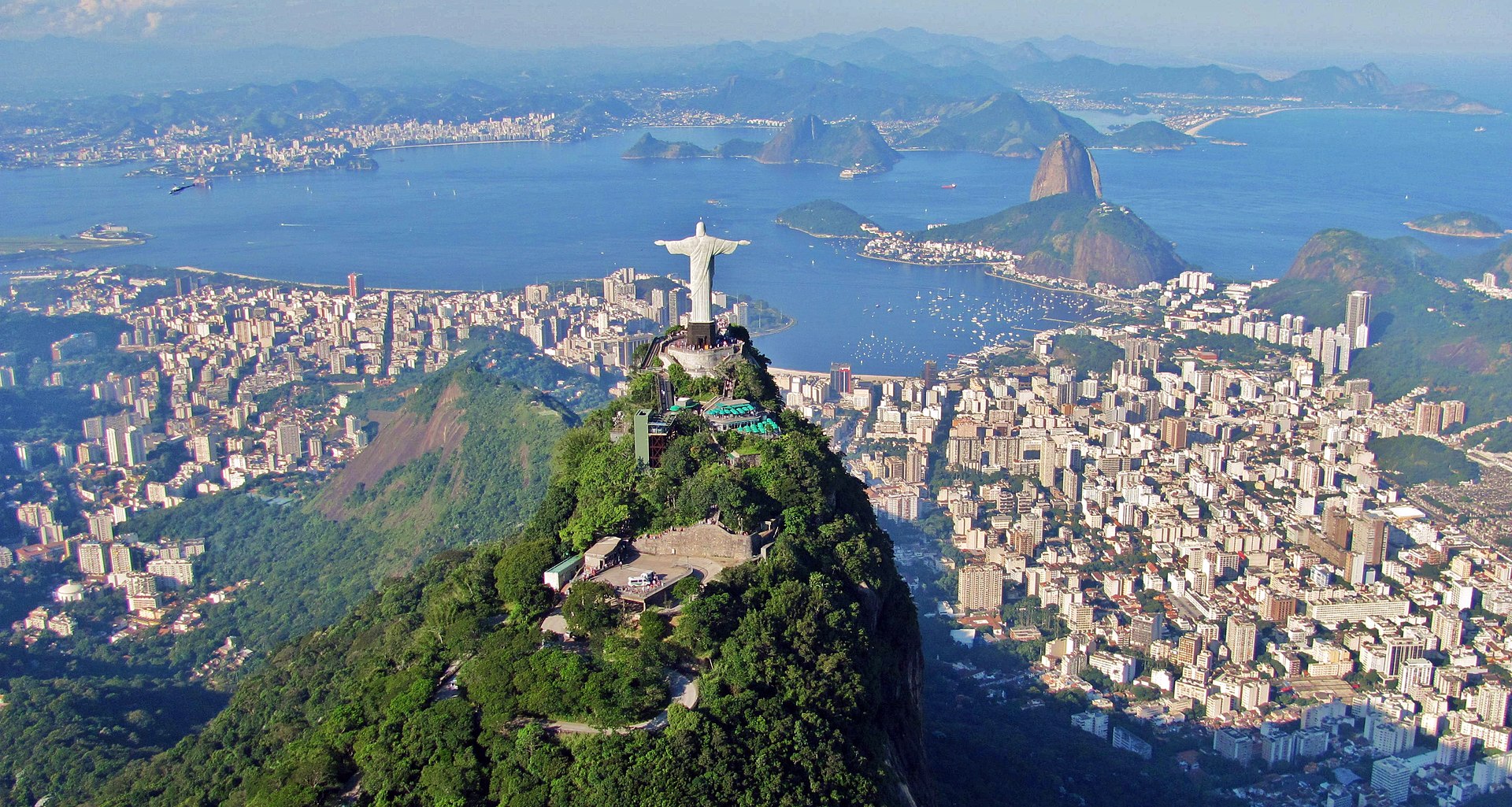
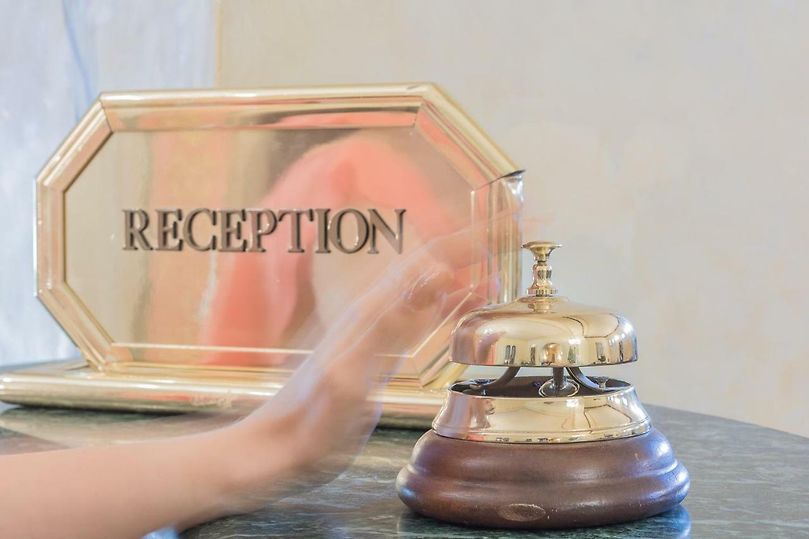
St George's, Bermuda, United Kingdom
Agent: Cliff Jacobs - Managing Principal Estate Agent & CEO (Nat.Dpl.Hotel Man (UJ). M.P.R.E.)
Agent Cellphone: +27 (0) 84 413 1071 / +27 (0) 61 716 6951
Agent Office Number: +27 (0) 21 554 0283
Agent Email Address: cliff@exquisitehotelconsultants.com
Type: Heritage Guest House
Bedrooms: 8
Bathrooms: 8
Showers: 8
Parking: 10
Yield: Not Disclosed
Bermuda (in full, the Islands of Bermuda) is a British Overseas Territory in the North Atlantic Ocean. It is approximately 1,035 km (643 mi) east-southeast of Cape Hatteras, North Carolina (with Cape Point on Hatteras Island being the nearest landfall); 1,236 km (768 mi) south of Cape Sable Island, Nova Scotia; 1,759 km (1,093 mi) northeast of Cuba, and 1,538 km (956 mi) due north of the British Virgin Islands. Though it is typically referred to in the singular, Bermuda consists of 181 islands; the largest of these islands is known as Main Island. The capital city of Bermuda is Hamilton. Bermuda is internally self-governing, with its own constitution and cabinet of ministers selected from the elected Members of the Lower House of a Parliament that enacts local laws. As the national government, the Government of the United Kingdom is ultimately responsible for ensuring good governance within British Overseas Territories and retains responsibility for defence and foreign relations. As of July 2018, it has a population of 71,176, making it the most populous of the British overseas territories. Bermuda's largest economic sectors are offshore insurance, reinsurance, and tourism. Bermuda had one of the world's highest GDP per capita for most of the 20th century.
Bermuda's climate is usually described as subtropical, primarily due to the chilly but generally mild winter temperatures. Unlike other areas designated as subtropical, summers are also quite mild, with temperatures not rising in most years above 86° F (30° C) during the hottest months of July and August. Its climate also exhibits oceanic features similar to other oceanic islands and the western coasts of continents in the Northern Hemisphere: mean wind direction is from the west and carries warm, moist air from the ocean, ensuring relatively high humidity and stabilising temperature. Bermuda lies in Hurricane Alley and is thus prone to severe weather; however, it receives some protection from a coral reef and its position at the north of the belt, which limits the direction and severity of approaching storms.
History
Discovery
Bermuda was discovered in 1505 by Spanish explorer Juan de Bermúdez. Bermuda had no indigenous population at the time of its discovery, nor at the time of the initial British settlement a century later. It was mentioned in Legatio Babylonica, published in 1511 by historian Pedro Mártir de Anglería, and was also included on Spanish charts of that year. Both Spanish and Portuguese ships used the islands as a replenishment spot to take on fresh meat and water; for example, shipwrecked Portuguese mariners are now thought to have been responsible for the 1543 inscription on Portuguese Rock (previously called Spanish Rock). Legends arose of spirits and devils, now thought to have stemmed from the calls of raucous birds (most likely the Bermuda petrel, or cahow) and the loud noise heard at night from wild hogs. Combined with the frequent storm-wracked conditions and the dangerous reefs, the archipelago became known as the 'Isle of Devils'. Neither Spain nor Portugal attempted to settle it.
Settlement by the English
For the next century, the island is believed to have been visited frequently, but not settled. The English had by this time started to take an interest in the 'New' World, initially attempting to settle in Virginia in what is now the eastern United States. After the failure of the first two English colonies there, a more determined effort was initiated by King James I of England, who granted a Royal Charter to the Virginia Company which established a colony at Jamestown, Virginia in 1607. Two years later, a flotilla of seven ships left England under the company's admiral, Sir George Somers, and the new governor of Jamestown, Sir Thomas Gates, with several hundred settlers, food and supplies to relieve the colony of Jamestown. However the flotilla was broken up by a storm; as the flagship, Sea Venture, was taking on water, Somers drove it onto Bermuda's reef and reached the shores safely with smaller boats – all 150 passengers and a dog survived. (Willliam Shakespeare's play The Tempest, in which the character Ariel refers to the "still-vex'd Bermoothes" (I.ii.229), is thought to have been inspired by William Strachery's account of this shipwreck.)They stayed 10 months, starting a new settlement and building two small ships, the Deliverance and the Patience, to sail on to Jamestown. Bermuda was claimed for the English Crown, and the charter of the Virginia Company was later extended to include them.
On 10 May 1610, all but two of the remaining survivors of Sea Venture sailed on to Jamestown (excluding those who had died or been killed on Bermuda, or the crew of the Sea Venture's longboat, sent under Henry Ravens to Virginia a month after the wreck of the Sea Venture, none of whom were seen again, but including children born in Bermuda). Among them was John Rolfe, whose wife and child died and were buried in Bermuda. Somers returned to Bermuda with the Patience to obtain food for the starving settlers of Jamestown but died in Bermuda; the Patience sailed instead for England, leaving a third man with the two who had remained behind in May. In 1612, the English began the intentional settlement of the archipelago, officially named Virgineola, with the arrival of the ship the Plough. New London (soon renamed St. George's Town) was settled that year and designated as the colony's first capital. It is the oldest continually inhabited English town in the New World.
In 1615, the colony, which had been renamed the Somers Isles in commemoration of Sir George Somers, was passed to a new company, the Somers Isles Company. As Bermudians settled Carolina Colony and contributed to the establishment of other English colonies in the Americas, many other locations were named after the archipelago. During this period the first slaves were brought to the islands. These were a mixture of African (the first sizeable influx of blacks was of indentured servants from former Spanish colonies in the West Indies which England had taken possession of) and Native American slaves, shipwreck victims from enemy nations, and prisoners of war from Ireland and Scotland, as well as civilians ethnically cleansed from Ireland to make way for settlement by Scottish, English and Welsh Protestants.
The archipelago's limited land area and resources led to the creation of what may be the earliest conservation laws of the New World. In 1616 and 1620 acts were passed banning the hunting of certain birds and young tortoises.
Civil War
In 1649, the English Civil War was in its seventh year and King Charles I was beheaded in Whitehall, London. The conflict spilled over into Bermuda, where the majority of the colonists developed a strong sense of devotion to the Crown. The royalists ousted the Somers Isles Company's Governor, Captain Thomas Turner, and elected John Trimingham as their leader. Bermuda's civil war was ended by militias, and dissenters such as Puritans and Independents were pushed to settle The Bahamas under William Sayle.
The rebellious royalist colonies of Bermuda and Virginia, as well as Barbados and Antigua, were the subjects of an Act of the Rump Parliament of England that was essentially a declaration of war. The royalist colonies were also threatened with invasion. The Government of Bermuda eventually reached an agreement with the Parliamentarians in England which left the status quo in Bermuda.
Later 17th century
Bermudians rapidly abandoned agriculture for shipbuilding, replanting farmland with the native juniper (Juniperus bermudiana, called Bermuda cedar) trees that grew thickly over the entire island. Establishing effective control over the Turks Islands, Bermudians deforested their landscape to begin the salt trade. It became the world's largest and remained the cornerstone of Bermuda's economy for the next century. Bermudians also vigorously pursued whaling, privateering, and the merchant trade.
The Bermuda sloop became highly regarded for its speed and manoeuvrability and was soon adapted for service with the Royal Navy. The Bermuda sloop HMS Pickle carried dispatches of the victory at Trafalgar, and news of the death of Admiral Nelson, to England.
Bermuda and the American War of Independence
Bermuda's ambivalence towards the American rebellion changed in September 1774, when the Continental Congress resolved to ban trade with Great Britain, Ireland, and the West Indies after 10 September 1775. Such an embargo would mean the collapse of their intercolonial commerce, famine and civil unrest. Lacking political channels with Great Britain, the Tucker Family met in May 1775 with eight other parishioners and resolved to send delegates to the Continental Congress in July, with the goal of an exemption from the ban. Henry Tucker noted a clause in the ban which allowed the exchange of American goods for military supplies. The clause was confirmed by Benjamin Franklin when Tucker met with the Pennsylvania Committee of Safety. Independently, Tucker's sons St. George and Thomas Tudor confirmed this business arrangement with Peyton Randolph and the Charlestown Committee of Safety, while another Bermudian, Harris, did so with George Washington.
Three American vessels, independently operating from Charlestown, Philadelphia and Newport, sailed to Bermuda, and on 14 August 1775, 100 barrels of gunpowder were taken from the Bermudian magazine, while Governor George James Bruere slept, and loaded onto these vessels. As a consequence, on 2 October the Continental Congress exempted Bermuda from their trade ban, and Bermuda acquired a reputation for disloyalty. Later that year, the British Parliament passed the Prohibitory Act to prohibit trade with the American rebelling colonies and sent HMS Scorpion to keep watch over the island. The island's forts were stripped of cannon, such that by the end of 1775, all of Bermuda's forts were without cannon, shot and powder. Yet, wartime trade of contraband continued along well-established family connections. With 120 vessels by 1775, Bermuda continued to trade with St. Eustatius until 1781, and provided salt to North American ports, despite the presence of hundreds of privateers.
In June 1776, HMS Nautilus secured the island, followed by HMS Galatea in September. Yet, the two British captains seemed more intent on capturing prize money, causing a severe food shortage on the island until the departure of Nautilus in October. After France's entry into the war in 1778, Sir Henry Clinton refortified and garrisoned the island under the command of Major William Sutherland. As a result, 91 French and American ships were captured in the winter of 1778–1779, bringing the population once again to the brink of starvation. Bermudian trade was severely hampered by the combined efforts of the Royal Navy, the British garrison and loyalist privateers, such that famine struck the island in 1779.
The death of George Bruere in 1780 turned the governorship over to his son, George Jr., an active loyalist. Under his leadership, smuggling was stopped, and the Bermudian colonial government populated with like-minded loyalists. Even Henry Tucker abandoned trading with the United States, because of the presence of many privateers. Loyalist privateers based in Bermuda captured 114 prizes between 1777 and 1781, while 130 were captured in 1782.
19th century
During the War of 1812 between Britain and the United States, the British attacks on Washington, D.C. and the Chesapeake were planned and launched from Bermuda, where the headquarters of the Royal Navy's North American Station had recently been moved from Halifax, Nova Scotia.
The British abolished the slave trade in 1807, but not the institution itself.As a result of frequent slave rebellions in their other colonies, as well as the efforts of abolitionists, the British outlawed slavery in its empire in 1834.
Due to its proximity to the southeastern US coast, Bermuda was frequently used during the American Civil War as a stopping point base for the Confederate States' blockade runners on their runs to and from the Southern states, and England, to evade Union naval vessels on blockade patrol; the blockade runners were then able to transport essential war goods from England and deliver valuable cotton back to England. The old Globe Hotel in St George's, which was a centre of intrigue for Confederate agents, is preserved as a public museum.
Anglo-Boer War
During the Anglo-Boer War (1899–1902), 5,000 Boer prisoners of war were housed on five islands of Bermuda. They were located according to their views of the war. "Bitterenders" (Afrikaans: Bittereinders), who refused to pledge allegiance to the British Crown, were interned on Darrell's Island and closely guarded. Other islands such as Morgan's Island held 884 men, including 27 officers; Tucker's Island held 809 Boer prisoners, Burt's Island 607, and Port's Island held 35.
The New York Times reported an attempted mutiny by Boer prisoners of war en route to Bermuda and that martial law was enacted on Darrell's Island, in addition to the escape of three Boer prisoners to mainland Bermuda, a young Boer soldier stowed away and sailed from Bermuda to New York on the steamship Trinidad.
The most famous escapee was the Boer prisoner of war Captain Fritz Joubert Duquesne, who was serving a life sentence for "conspiracy against the British government and on (the charge of) espionage". On the night of 25 June 1902, Duquesne slipped out of his tent, worked his way over a barbed-wire fence, swam 1.5 miles (2.4 km) past patrol boats and bright spotlights, through storm-wracked waters, using the distant Gibbs Hill Lighthouse for navigation until he arrived ashore on the main island. From there he escaped to the port of St George's and a week later, he stowed away on a boat heading to Baltimore, Maryland. He settled in the US and later became a spy for Germany in both World Wars. He claimed to be responsible for the 1916 death of Lord Kitchener in the sinking of HMS Hampshire, the head of the British Army who had also commanded British forces in South Africa during the second Boer War, but this had resulted from a mine. In 1942, Col. Duquesne was arrested by the FBI for leading the Duquesne Spy Ring, which still to this day is the largest espionage case in the history of the United States.
Lord Kitchener's brother, Lt. Gen. Sir Walter Kitchener, had been the governor of Bermuda from 1908 until his death in 1912. His son, Major Hal Kitchener, bought Hinson's Island (with his partner, Major Hemming, another First World War aviator). The island had formerly been part of the Boer POW camp, housing teenaged prisoners from 1901 to 1902.
20th and 21st centuries
In 1937, Imperial Airways and Pan American Airways began operating scheduled flying boat airline services from New York and Baltimore to Darrell's Island, Bermuda. In 1948, a regularly scheduled commercial airline service began to operate, using land-based aeroplanes landing at Kindley Field (now L.F.Wade International Airport, helping tourism to reach its peak in the 1960s–1970s. By the end of the 1970s, however, international business had supplanted tourism as the dominant sector of Bermuda's economy.
The Royal Naval Dockyard, and the attendant military garrison, continued to be important to Bermuda's economy until the mid-20th century. In addition to considerable building work, the armed forces needed to source food and other materials from local vendors. Beginning in World War II, US military installations were also located in Bermuda, including a naval air station and submarine base along with US Army air, anti-aircraft, and coast artillery forces. The Army forces were under the Bermuda Base Command during the war, with some shifting and renaming of bases between the US Army, Navy, and Air Force postwar. The American military presence lasted until 1995.
Universal adult suffrage and the development of a two-party political system took place in the 1960s. Universal suffrage was adopted as part of Bermuda's Constitution in 1967; voting had previously been dependent on a certain level of property ownership.
On 10 March 1973, the governor of Bermuda, Richard Sharples, was assassinated by local Black Power militants during a period of civil unrest. Some moves were made towards possible independence for the islands, however, this was decisively rejected in a referendum in 1995.
Geography
Bermuda is a group of low-forming volcanoes in the Atlantic Ocean, near the western edge of the Sargasso Sea, roughly 578 nautical miles (1,070 km; 665 mi) east-southeast of Cape Hatteras on the Outer Banks of North Carolina, United States which is the nearest landmass.
Although usually referred to in the singular, the territory consists of 181 islands, with a total area of 53.3 square kilometres (20.6 square miles). The largest island is Main Island, sometimes called Bermuda. Eight of the larger, populated islands are connected by bridges. The territory is largely low-lying, with the tallest peak being Town hill on Main Island at 79 metres (260').The territory's coastline is 103 km (64 mi).
Despite the small landmass, some place names are repeated: two islands named Long Island, three bays named Long Bay (on Somerset, Main, and Cooper's islands), two Horseshoe Bays (one in Southampton, on the Main Island, the other at Morgan's Point, formerly Tucker's Island), two roads through cuttings called Khyber Pass, one in Warwick, the other in St. George's Parish, and two St George's Towns on St George's Island in St George's Parish, each known as St George's. There is a Hamilton Parish in addition to the City of Hamilton in Pembroke Parish.
Bermuda gives its name to the Bermuda Triangle, a region of sea in which, according to legend, a number of aircraft and surface vessels have disappeared under supposedly unexplained or mysterious circumstances. However, the concept is criticised by several academics as being spurious and exaggerated.
Main sights
Bermuda's pink sand beaches and clear, cerulean blue ocean waters are popular with tourists. Many of Bermuda's hotels are located along the south shore of the island. In addition to its beaches, there are a number of sightseeing attractions. Historic St George's is a designated World Heritage Site. Scuba divers can explore numerous wrecks and coral reefs in relatively shallow water (typically 30–40 ft or 9–12 m in depth), with virtually unlimited visibility. Many nearby reefs are readily accessible from shore by snorkellers, especially at Church Bay.
Bermuda's most popular visitor attraction is the Royal Naval Dockyard, which includes the National Museum of Bermuda. Other attractions include the Bermuda Aquarium, Museum and Zoo, Bermuda Underwater Exploration Institute, the Botanical Gardens and Masterworks Museum of Bermuda Art, lighthouses, and the Crystal Caves with stalactites and underground saltwater pools.
It is not possible to rent a car on the island; public transport and taxis are available or visitors can hire scooters for use as private transport.
Climate
Bermuda has a tropical rainforest climate, bordering very closely on a humid subtropical climate. Bermuda is warmed by the nearby Gulf Stream and low latitude. The islands may experience modestly cooler temperatures in January, February, and March [average 17 °C (63 °F)]. There has never been snow, a frost or freeze on record in Bermuda.
Summertime heat index in Bermuda can be high, although mid-August temperatures rarely exceed 30 °C (86 °F). The highest recorded temperature was 34 °C (93 °F) in August 1989. The average annual temperature of the Atlantic Ocean around Bermuda is 22.8 °C (73.0 °F), from 18.6 °C (65.5 °F) in February to 28.2 °C (82.8 °F) in August.
Bermuda is in the hurricane belt. Along the Gulf Stream, it is often directly in the path of hurricanes recurving in the westerlies, although they usually begin to weaken as they approach Bermuda, whose small size means that direct landfalls of hurricanes are rare. The most recent hurricanes to cause significant damage to Bermuda were category 2 Hurricane Gonzalo on 18 October 2014 and category 3 Hurrican Nicole on 14 October 2016, both of which struck the island directly. Before that, Hurricane Fabian on 5 September 2003 was the last major hurricane to hit Bermuda directly.
With no rivers or freshwater lakes, the only source of freshwater is rainfall, which is collected on roofs and catchments (or drawn from underground lenses) and stored in tanks. Each dwelling usually has at least one of these tanks forming part of its foundation. The law requires that each household collect rainwater that is piped down from the roof of each house. Average monthly rainfall is highest in October, at over 6 inches (150 mm), and lowest in April and May.
Access to biocapacity in Bermuda is much lower than world average. In 2016, Bermuda had 0.14 global hectares of biocapacity per person within its territory, far lower than the world average of 1.6 global hectares per person. In 2016 Bermuda used 7.5 global hectares of biocapacity per person - their ecological footprint of consumption. This means they use much more biocapacity than Bermuda contains. As a result, Bermuda is running a biocapacity deficit.
About Us
This fine house was built on two early land grants. On the northern half stood the 17th century home of widow Alice Finney. To the south, Daniel Jones erected a stone residence soon after it was granted in 1699. After Finney’s daughter married Jones, the two properties were joined to form one of the largest lots in the town. Ownership remains unclear after the Jones family died out in the 1750s, but a house was standing on the lot when Mary Leacraft and Richard Minors sold the property to Richard Prudden in 1789. The deed to a neighbouring property reveals that Prudden was living there three years earlier as a tenant. Originally from Southampton, Prudden was a highly successful merchant who channeled his profits into purchasing many of the lots surrounding the house.
The property was a 'U' shaped building. During the 1840's it became the first American Consulate and in 1876 the 'U' was filled in and a wooden verandah was added to the front, changing to concrete in 1920. Sold to the Robinson family in 1961, the property was converted into a guest home.
In 1804, noteworthy Irish poet Thomas Moore was living at the Inn as a guest of the American Consul where he met his unrequited love and inspiration for the poem Odes to Nea, Hester “Nea” Tucker. Nea lived adjacent to the property and was the wife of William Tucker, making such a poem of romantic and infatuated prose notably more scandalous. While Moore’s stay in Bermuda was brief, the poem lives on as a tale of Moore’s romanticism of the island.
Choose a Room!
Historic period architecture with modern comforts and amenities.
Sand Dollar Suite.
Featuring a king bed and an en-suite bathroom with Basic Earth Botanicals amenities.
Our package includes a three-course dinner for two at acclaimed St. George's restaurant, Tempest Bistro. Housed in a gorgeous 19th-century building, Tempest is known for their creative menu, extensive wine list, and daily specials.
You'll also receive a 60-minute tour of the town with Long Story Short., a retail store and tour company owned by Bermudian writer, activist and entrepreneur Kristin White. Learn why the town is a World Heritage Site, visit centuries-old properties, and discover over four hundred years of stories.
Room amenities:
Shared amenities:
Coral Room
Put your feet up and truly unwind in our Coral room, featuring a separate entrance. The bathroom features a shower and tub located off of the bedroom stocked with Basic Earth Botanicals amenities.
Room amenities:
Shared amenities:
Cedar Tree Suite
A classic Bermudian wedding day tradition is to plant a cedar tree, symbolizing a strong and growing marriage for generations to come. Our Cedar Tree Suite is the perfect couple’s getaway, with a plush king-size bed, crisp linens and an ensuite bathroom featuring a jetted tub and shower.
Room amenities:
Shared amenities:
Longtail Room
A plush queen-size bed with crisp white linens invites you into the Longtail room, featuring cool blue accents and an ensuite bathroom with Basic Earth Botanicals.
Room amenities:
Shared amenities:
Angel Fish Room
Gorgeous ocean views from the porch. Comfortable room with all the amenities. Located in the quaint Towne of St. George. The room has a Queen bed and a queen pull-out couch.
Room amenities:
Shared amenities:
Green Turtle Room
Put your feet up and truly unwind in our Green Turtle room, featuring a separate bedroom and living area with kitchenette. The bathroom features a rain shower located off of the bedroom with a separate powder room in the living area stocked with Basic Earth Botanicals amenities.
Room amenities:
Shared amenities:
Ocean Breeze Room
Enjoy the ocean breeze flowing through this bright, airy family-friendly room. Featuring two double beds and an en-suite bathroom with Basic Earth Botanicals amenities.
Room amenities:
Shared amenities:
Sea Glass Room
Featuring a king bed and an en-suite bathroom with Basic Earth Botanicals amenities.
Our package includes a three-course dinner for two at acclaimed St. George's restaurant, Tempest Bistro. Housed in a gorgeous 19th-century building, Tempest is known for their creative menu, extensive wine list, and daily specials.
You'll also receive a 60-minute tour of the town with Long Story Short., a retail store and tour company owned by Bermudian writer, activist and entrepreneur Kristin White. Learn why the town is a World Heritage Site, visit centuries-old properties, and discover over four hundred years of stories.
Room amenities:
Shared amenities:

























































Cliff Jacobs (Nat Dpl Hotel Man (UJ). MPRE. GA Level 5 TEFL) Managing Principal / CEO Exquisite Hotel Consultants (Pty) Ltd Mobile: +27 (0) 84 413 1071 / +27 (0) 61 716 6951 Landline: +27 (0) 21 554 0283 Email: cliff@exquisitehotelconsultants.com Web: https://www.exquisitehotelconsultants.com C/o Sybelstrasse 69 10629 Berlin GERMANY © All rights reserved Terms and Conditions apply Scroll down to view our Hospitality Properties and Businesses for sale or lease or lease-to-buy or partnership arrangement or management agreement arrangement